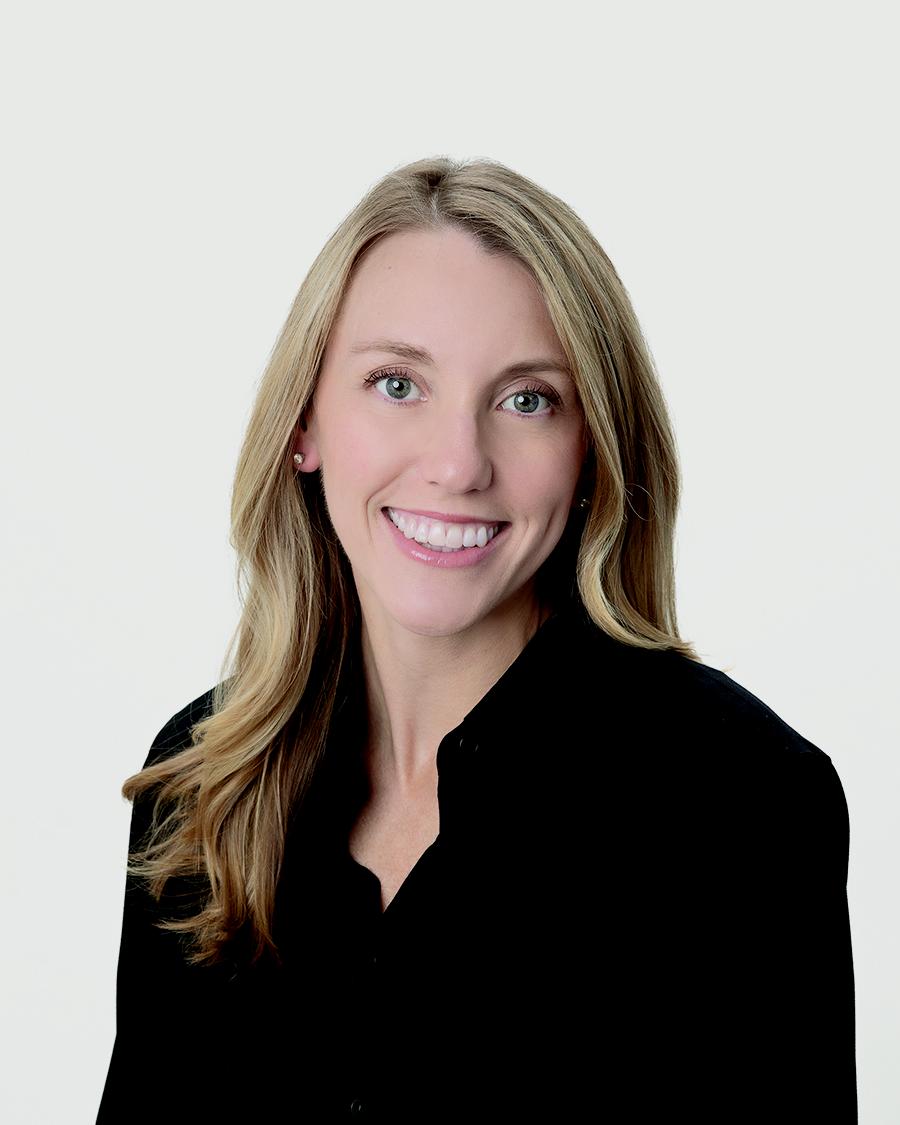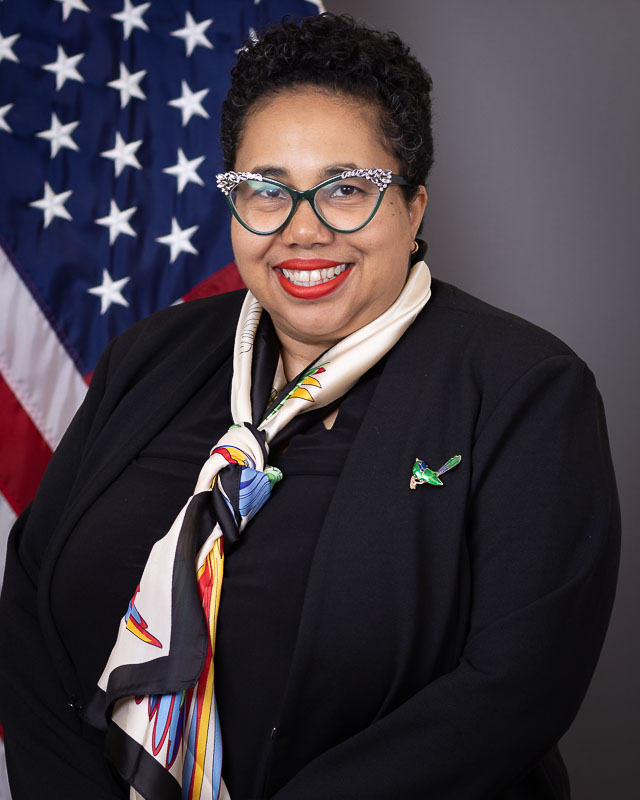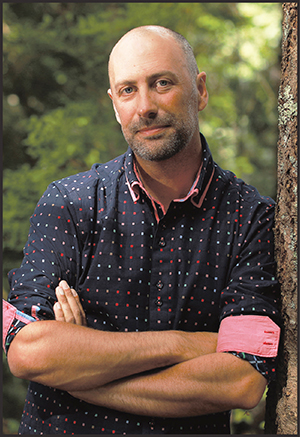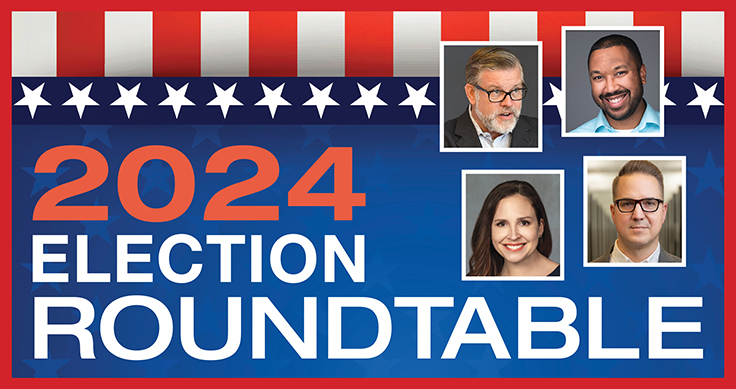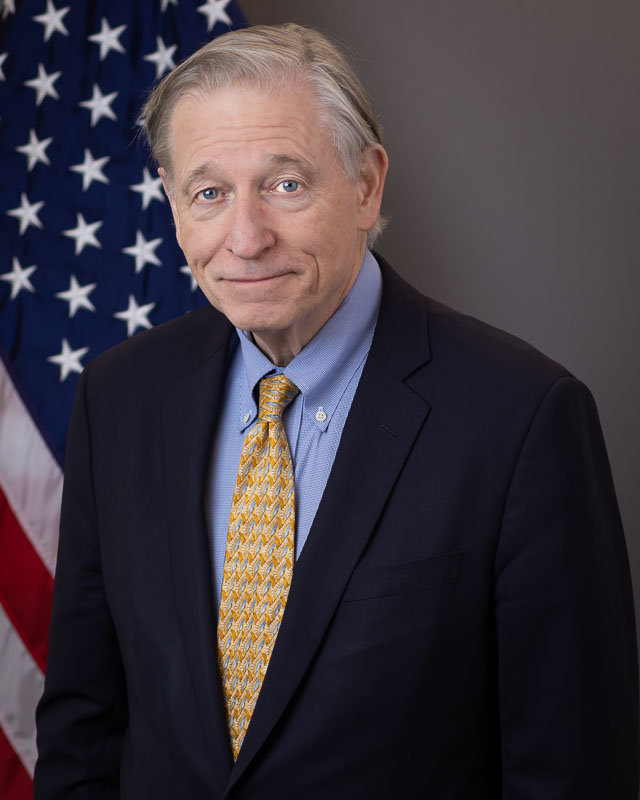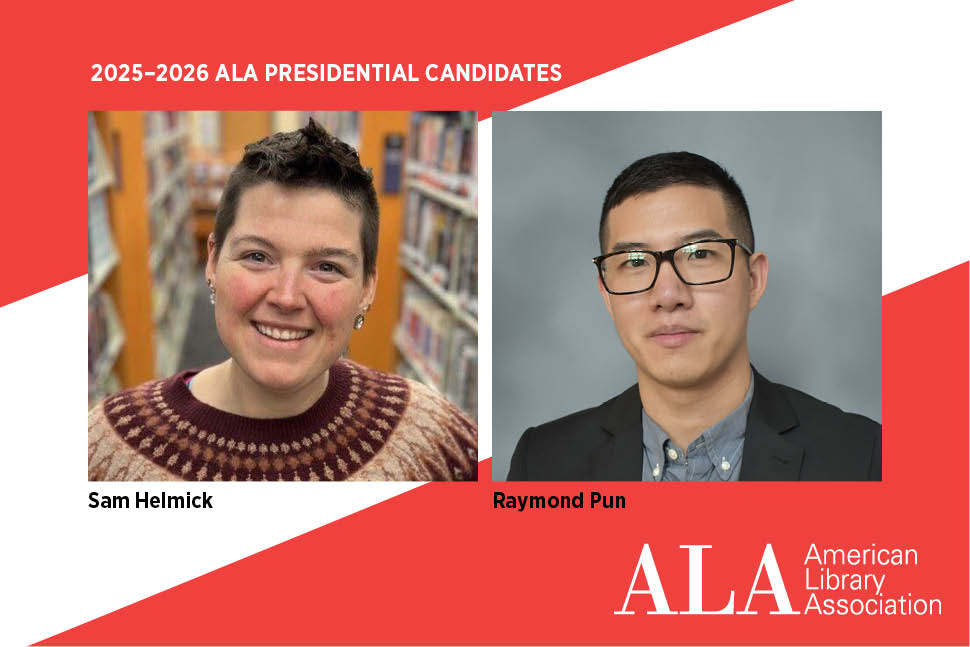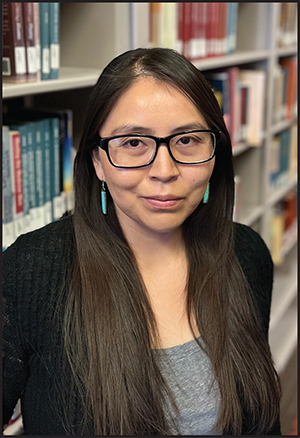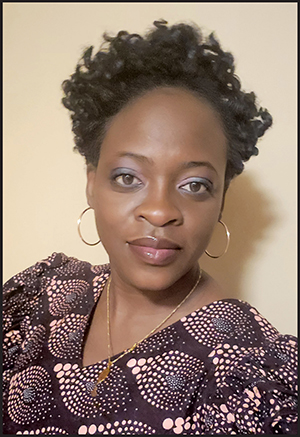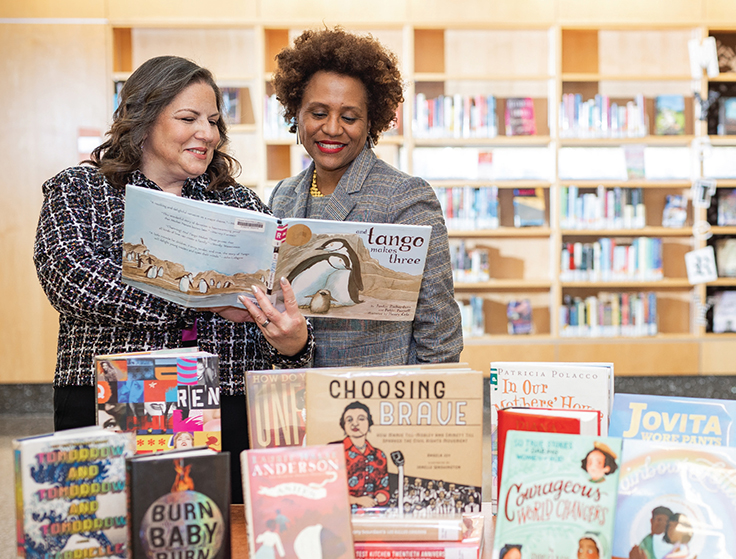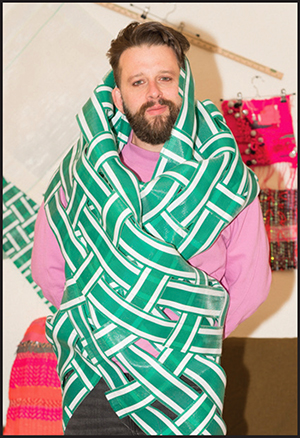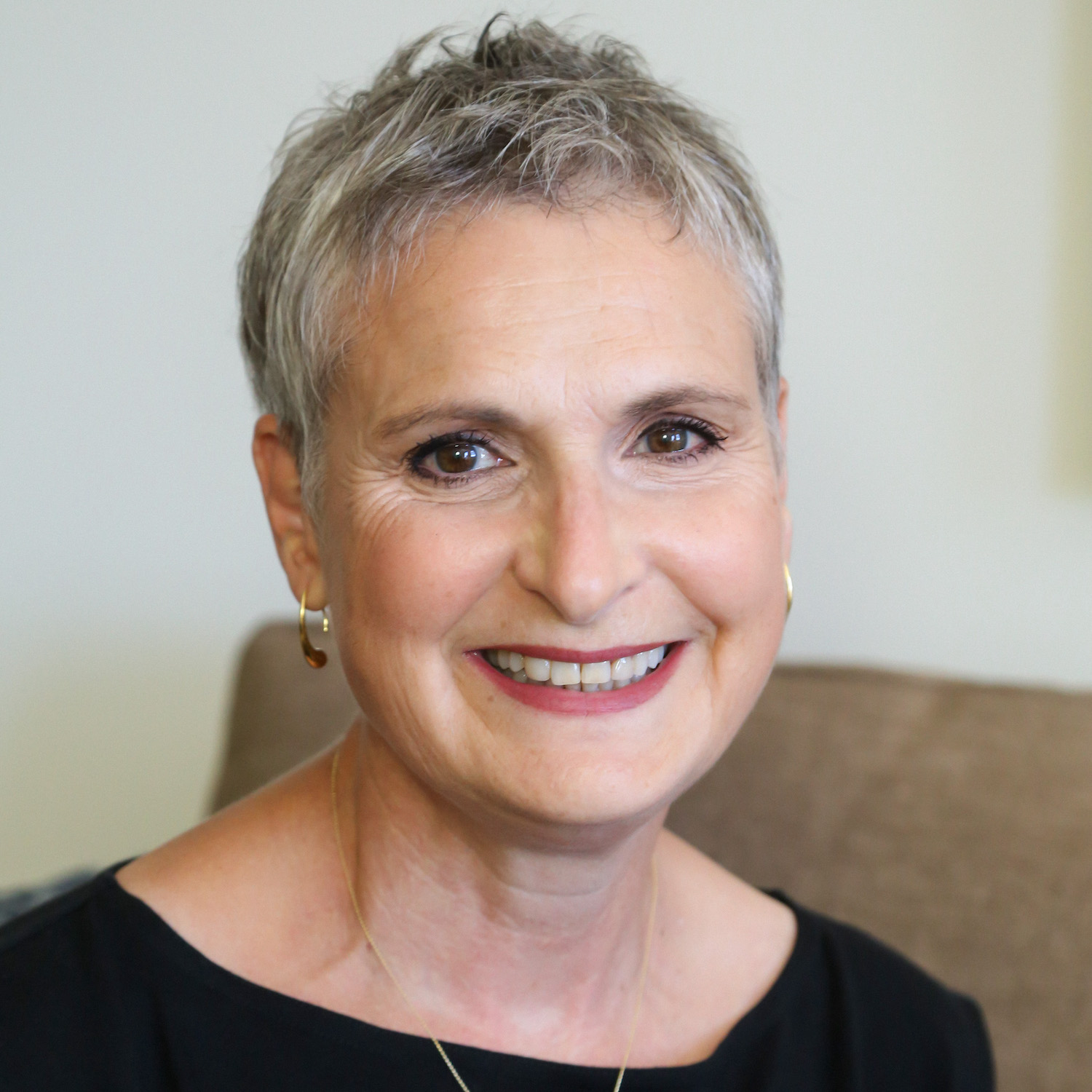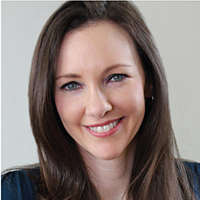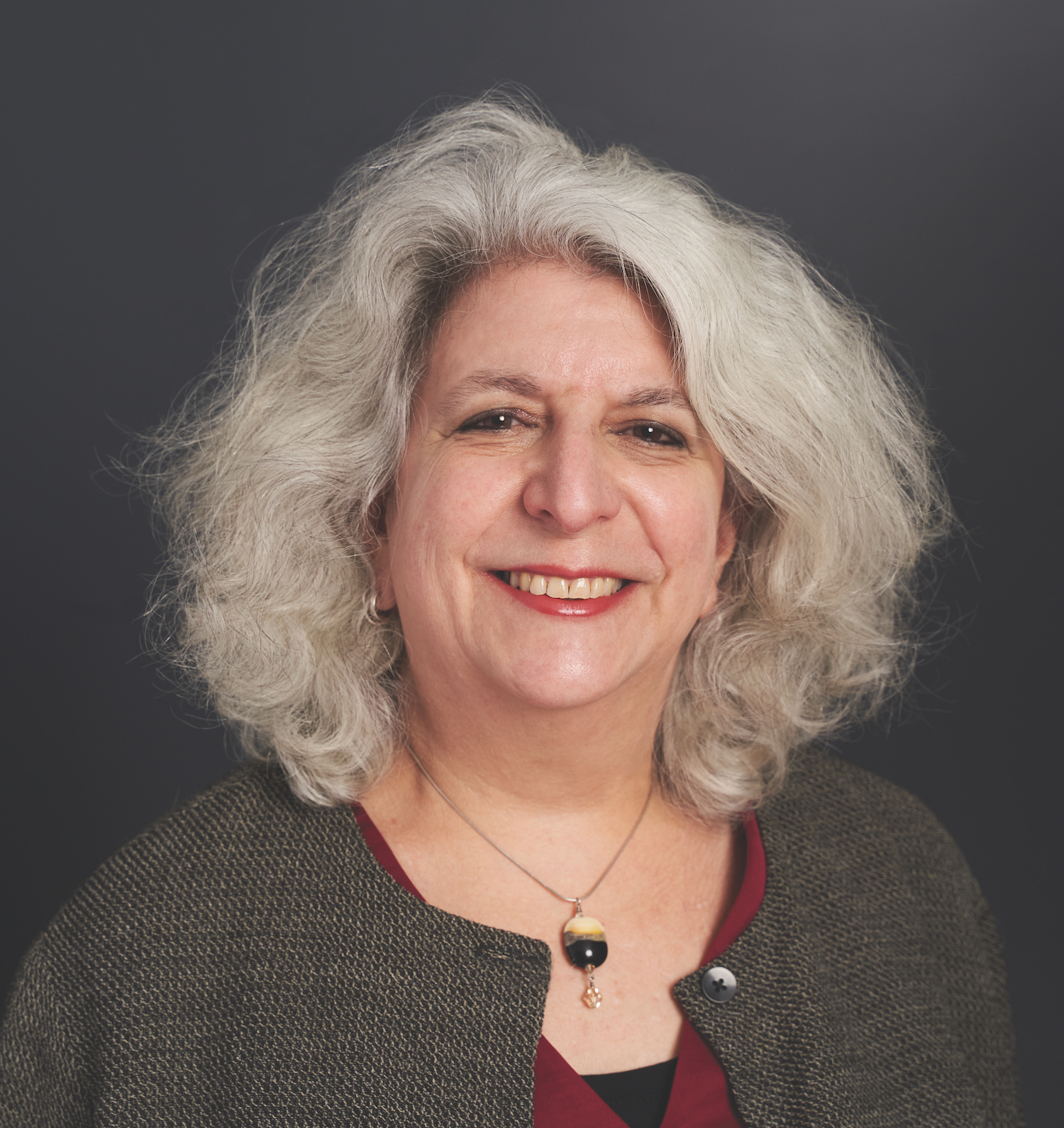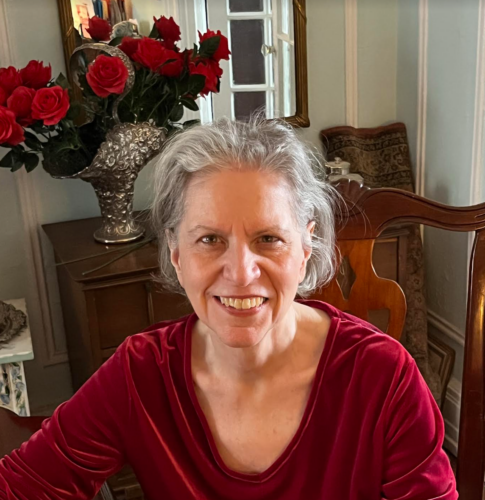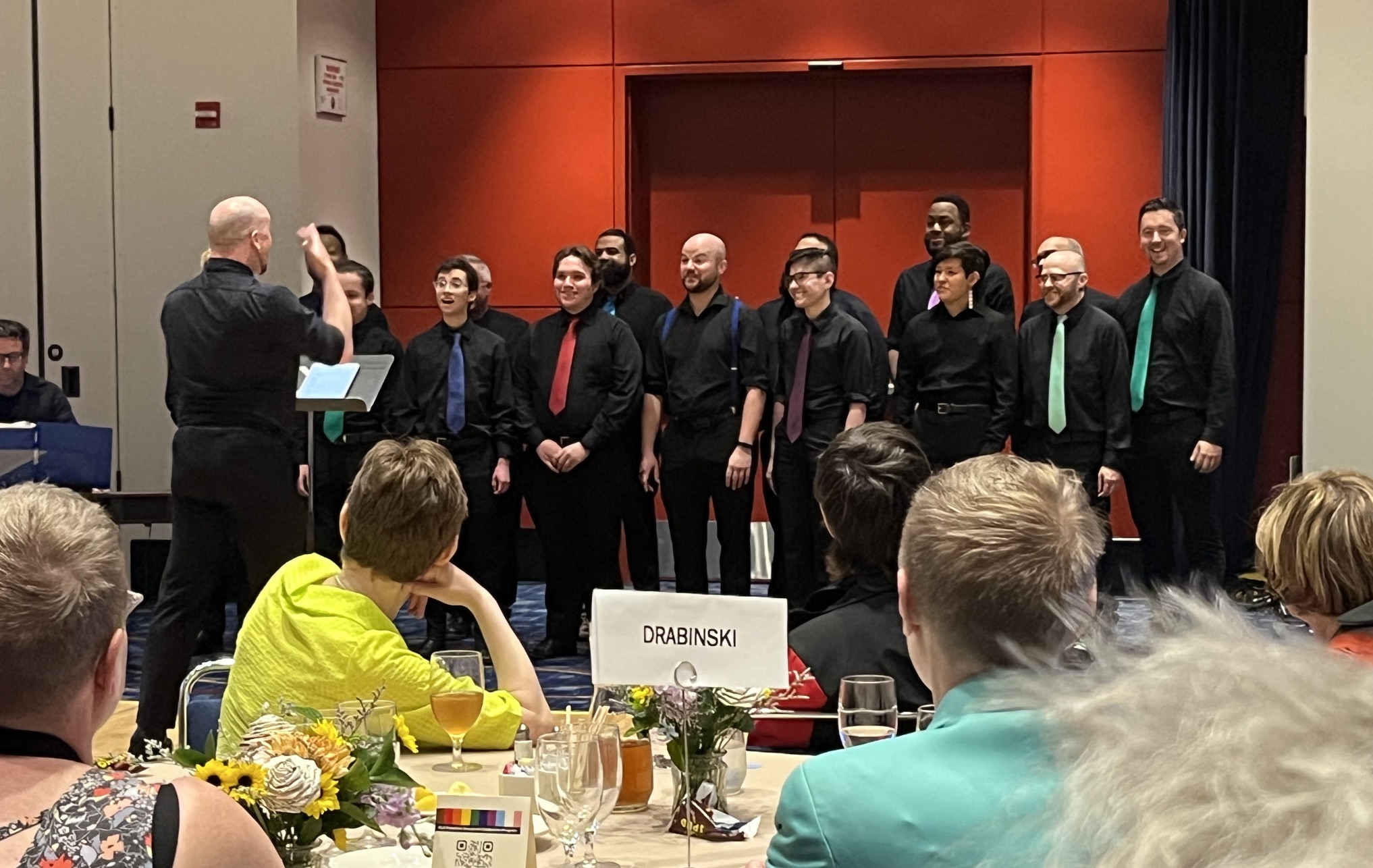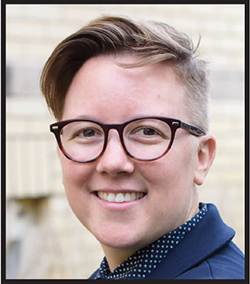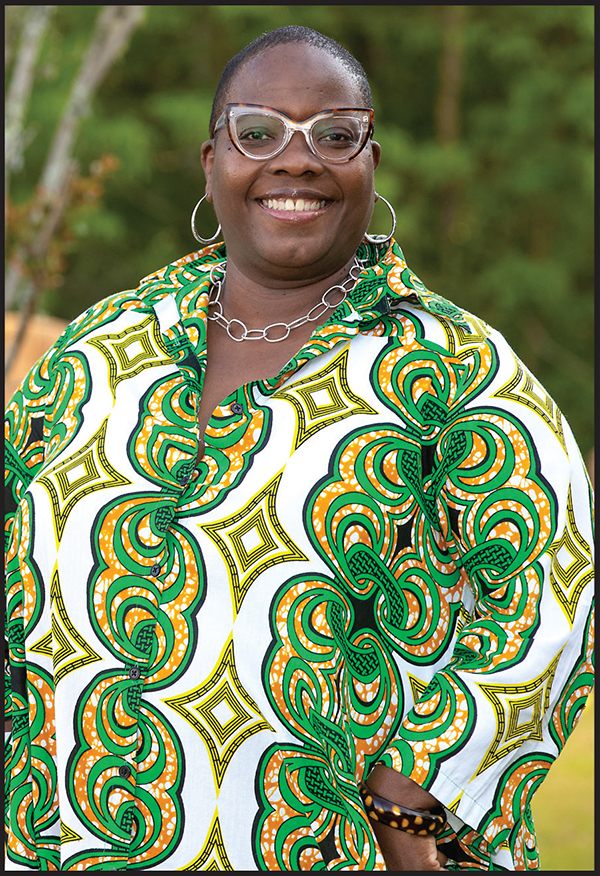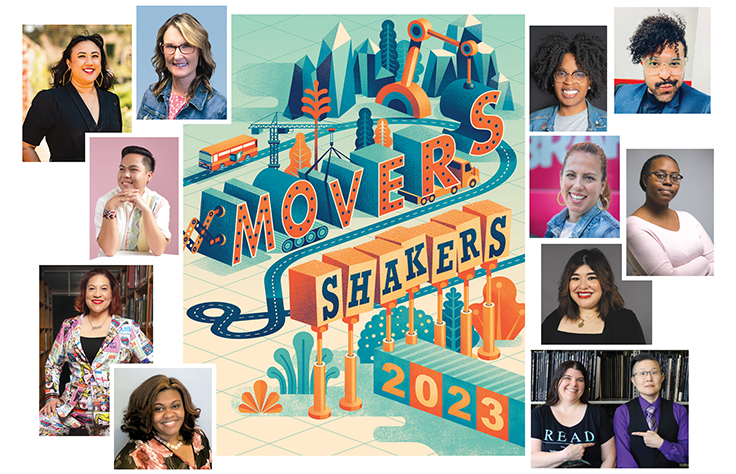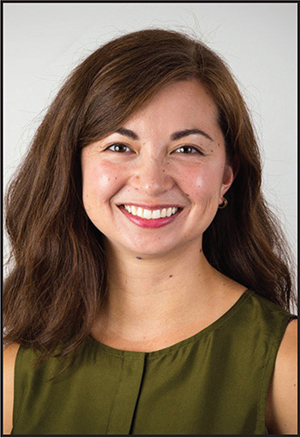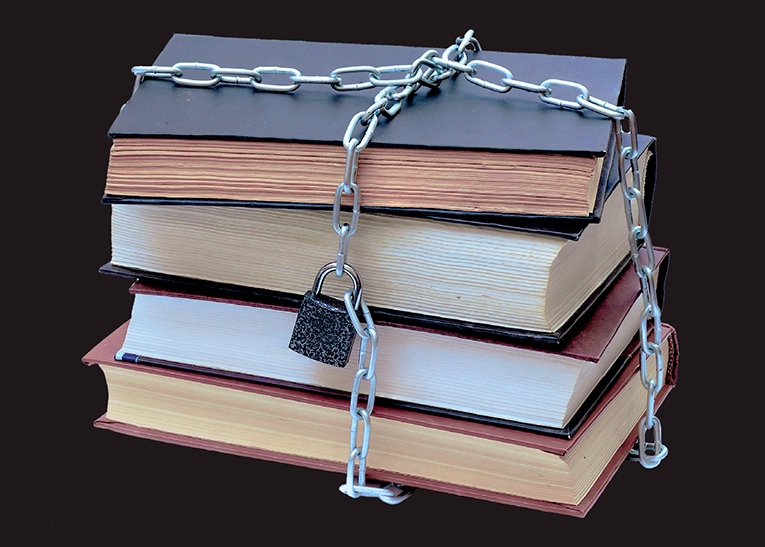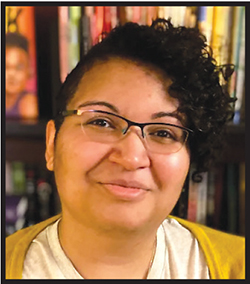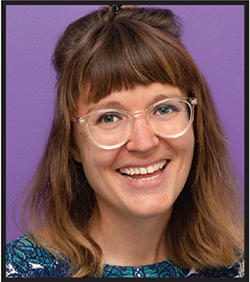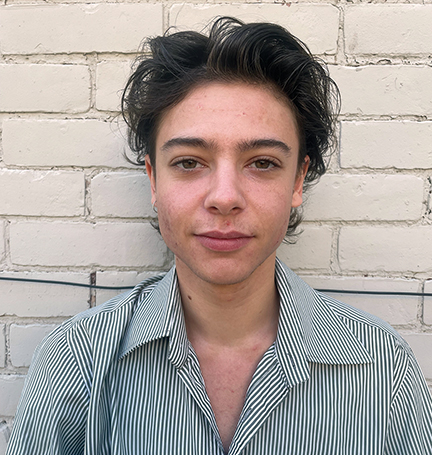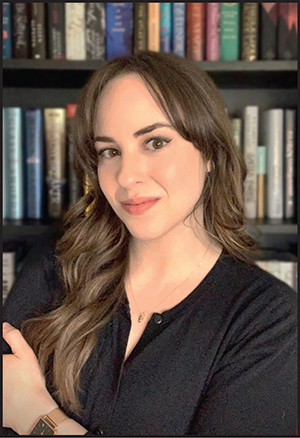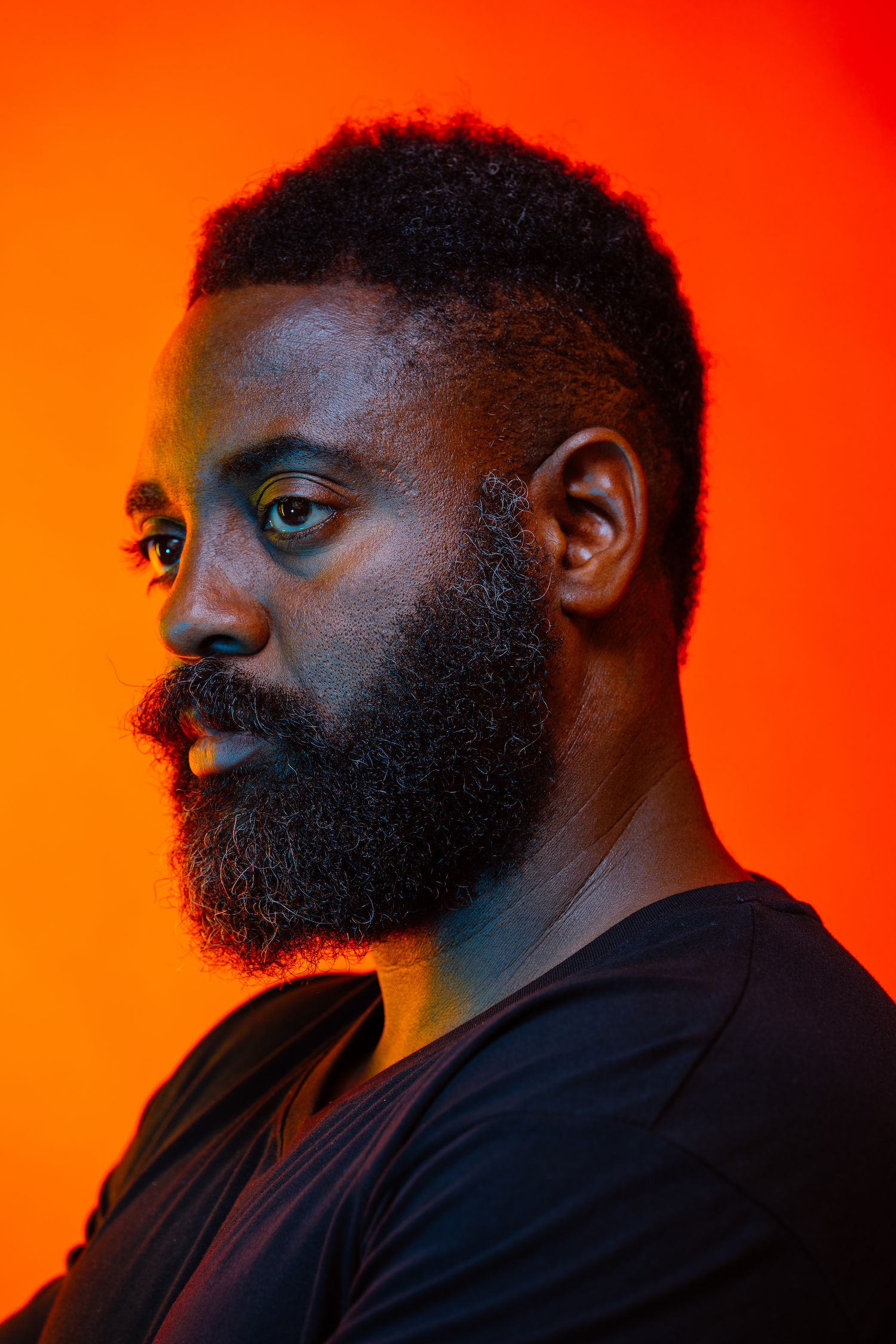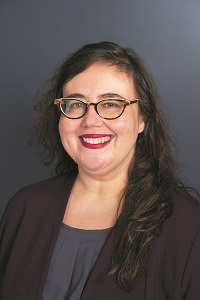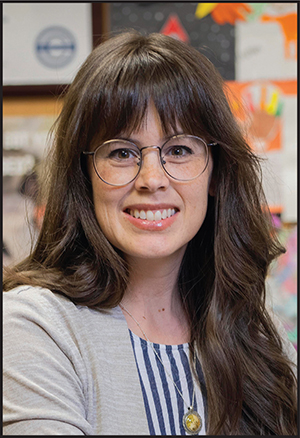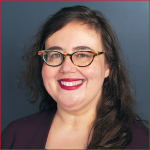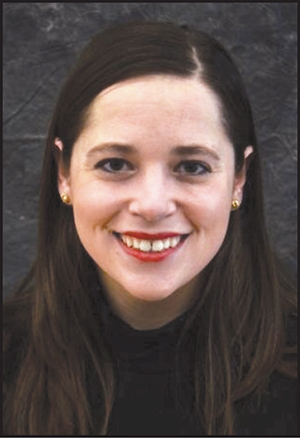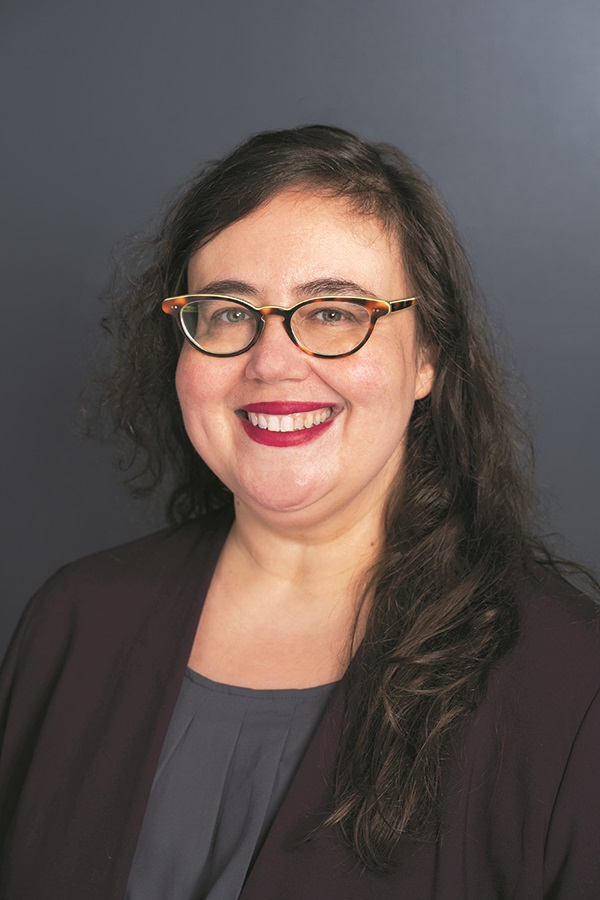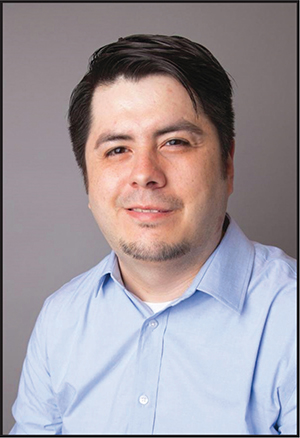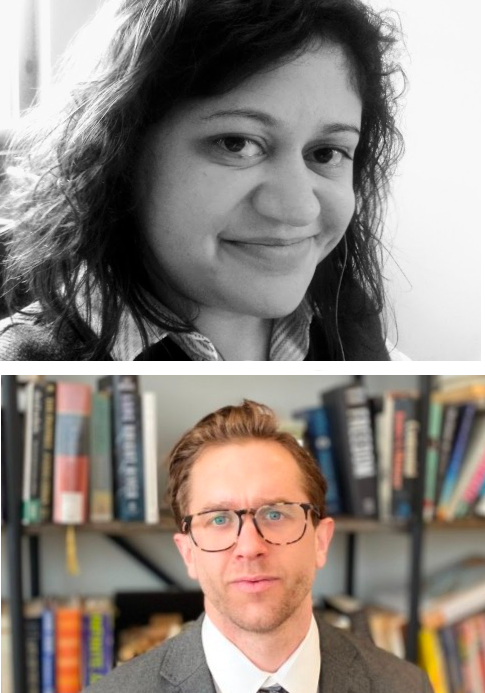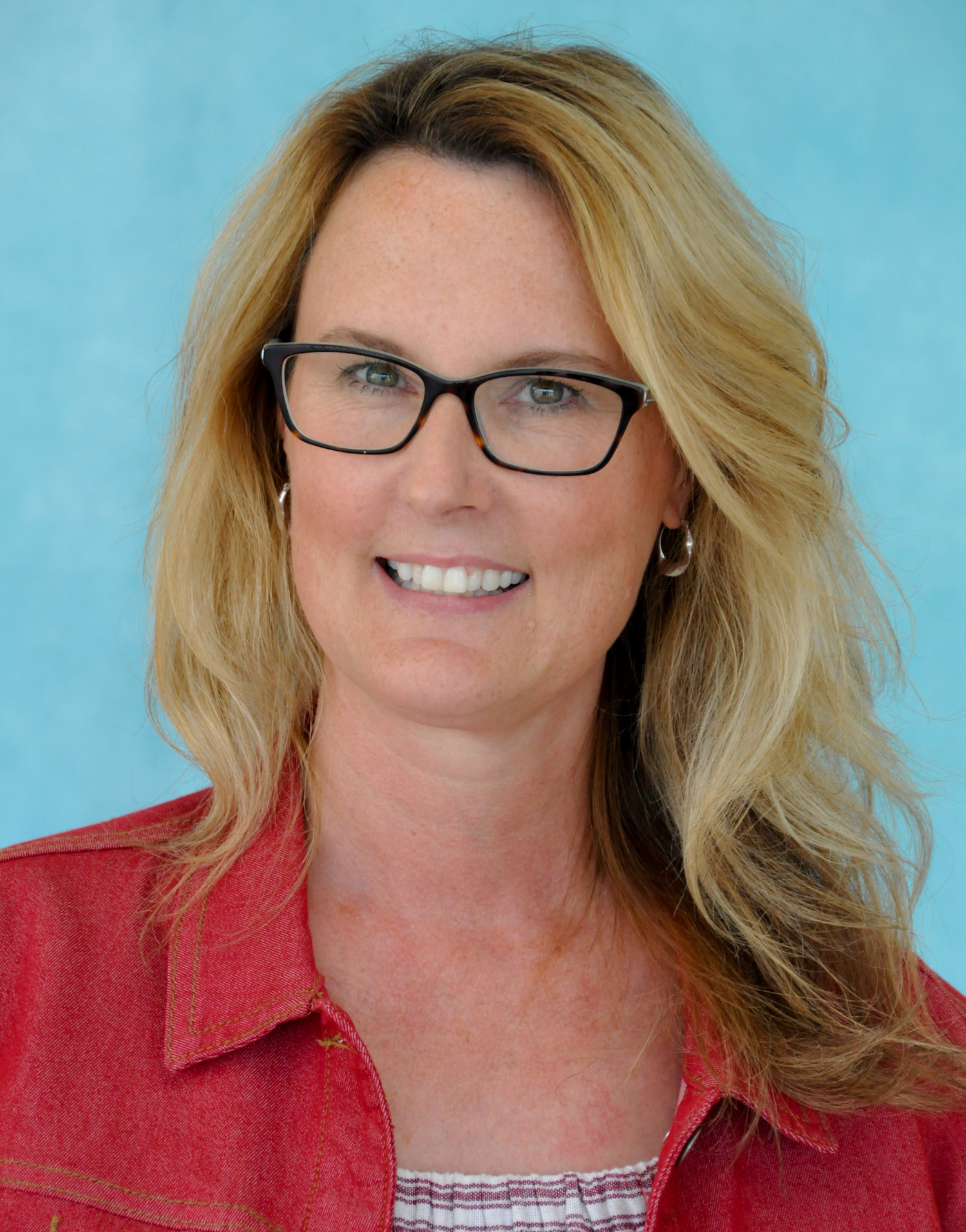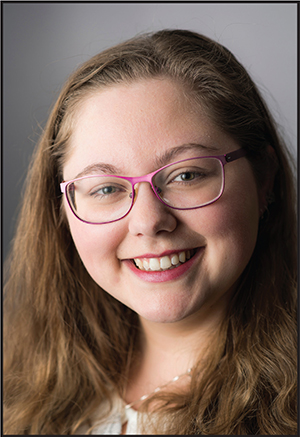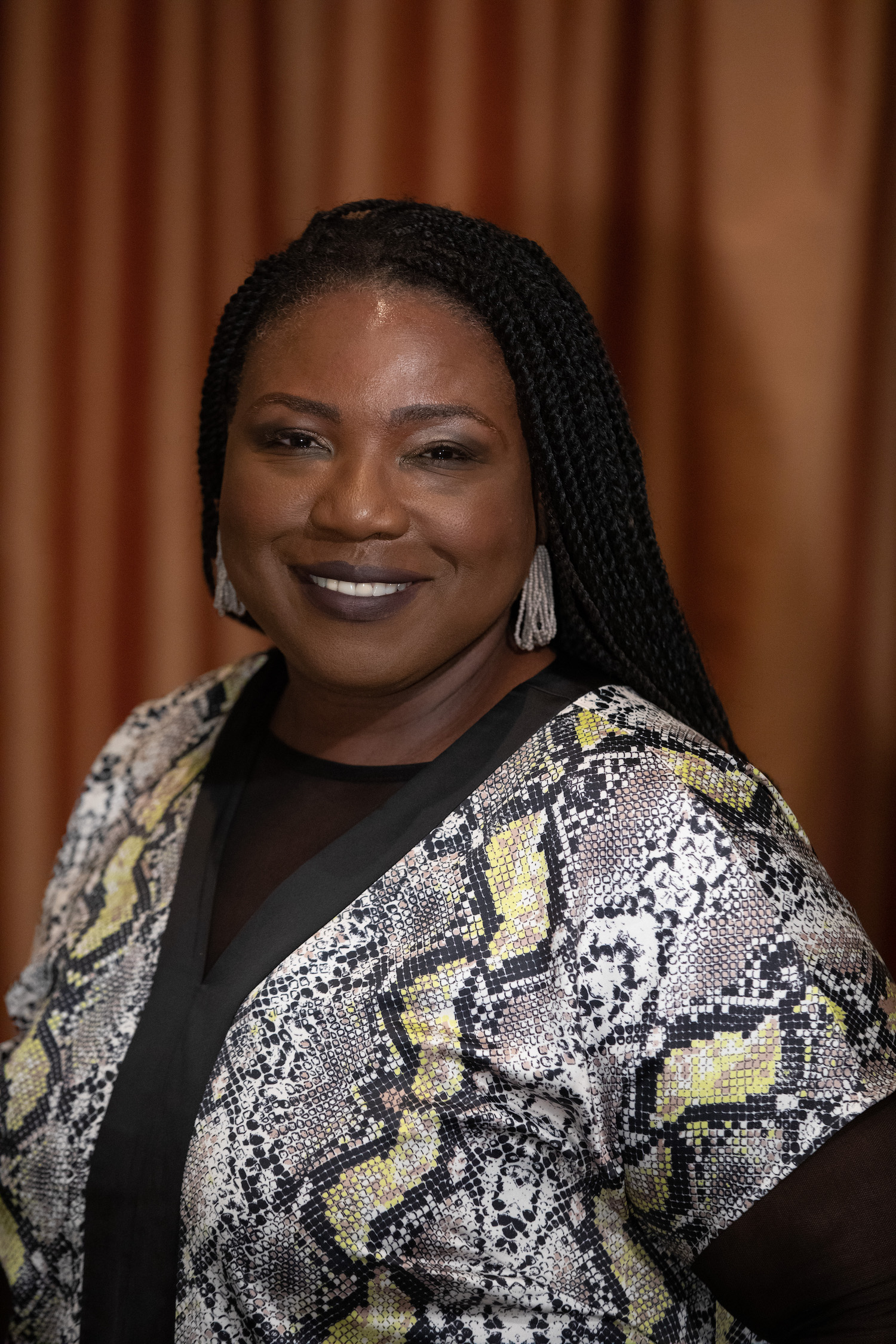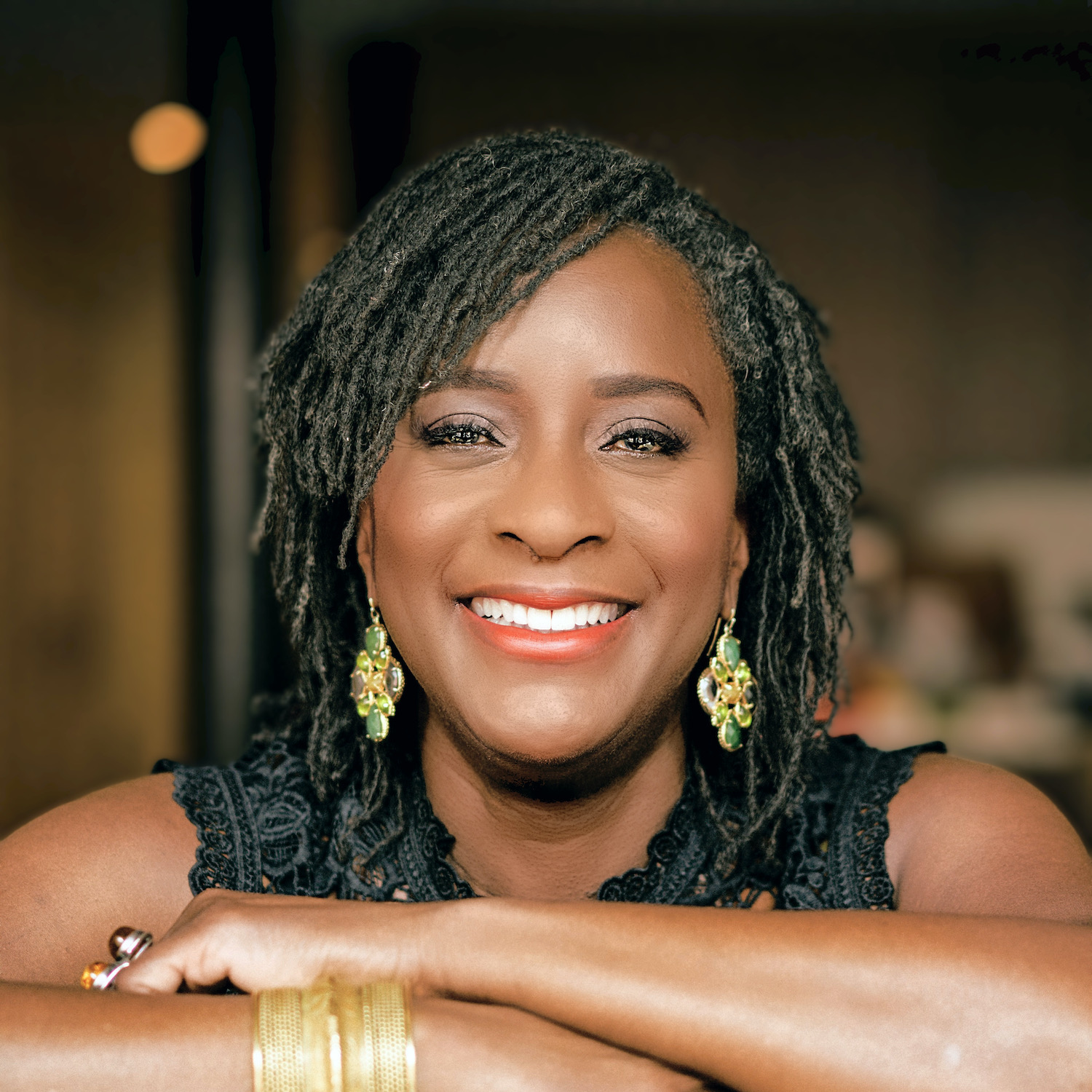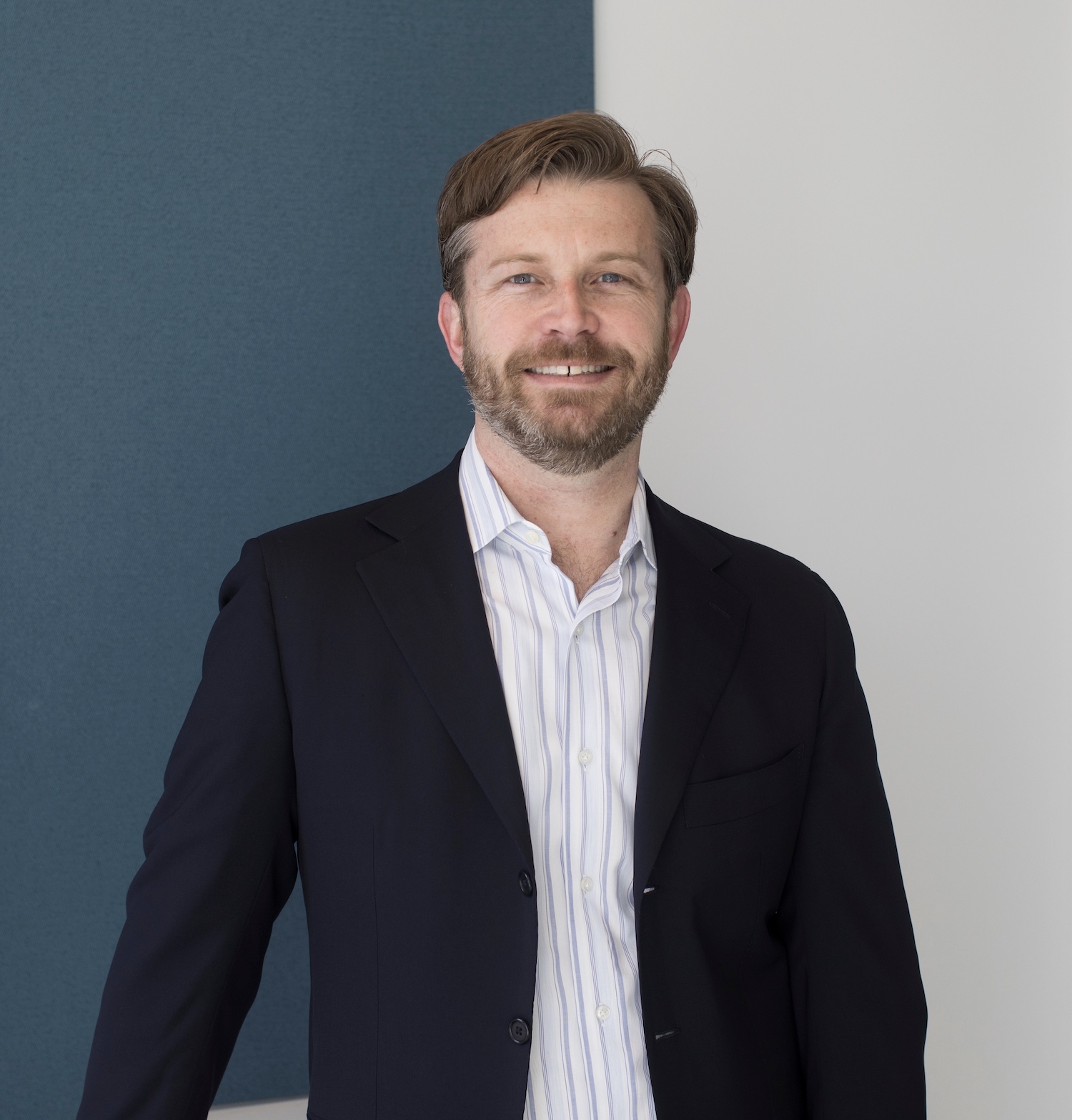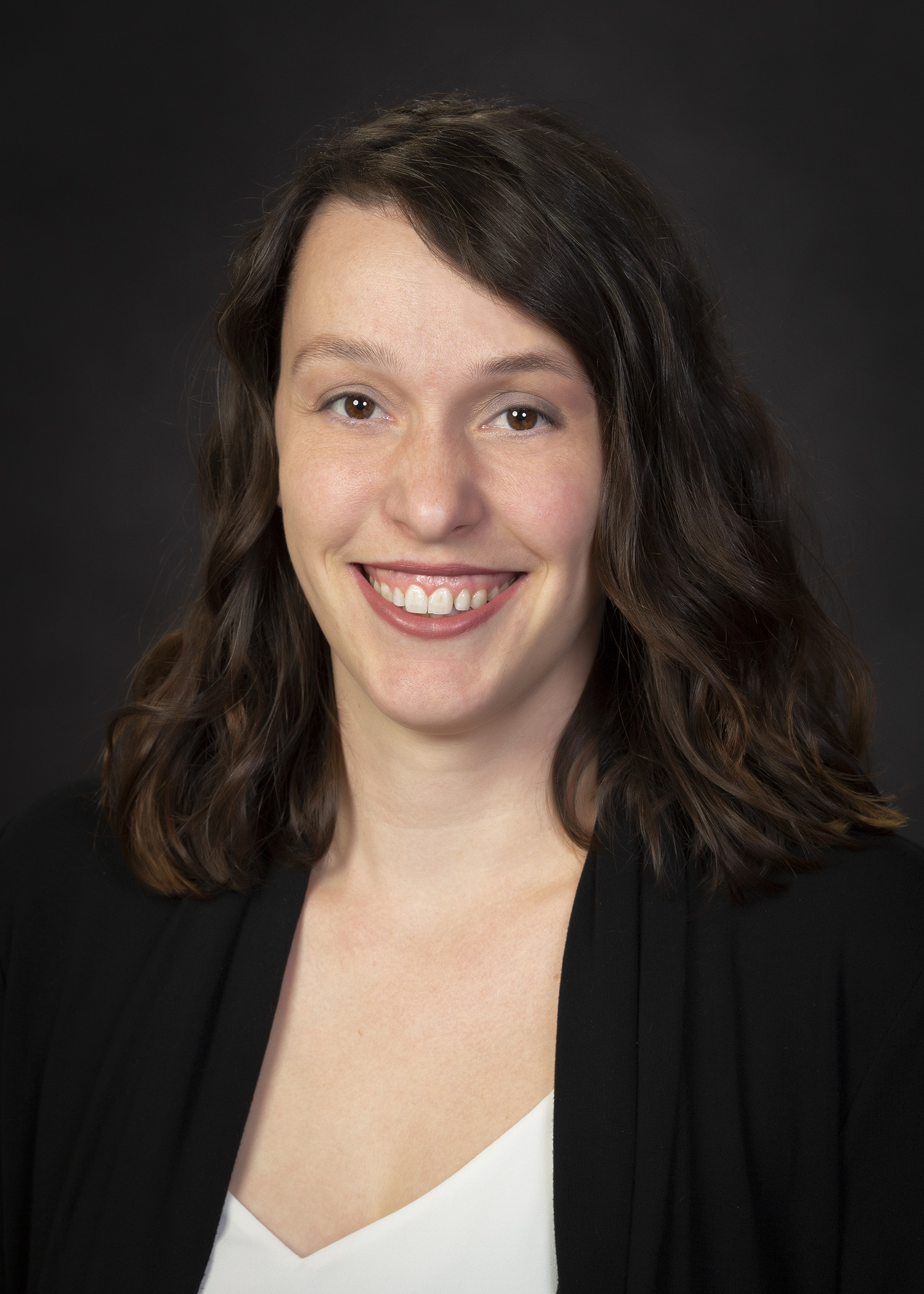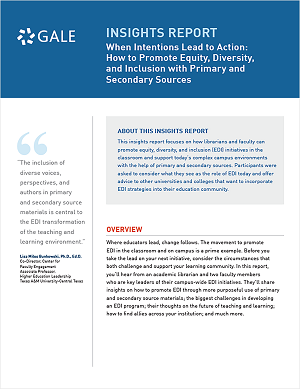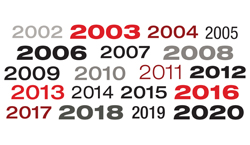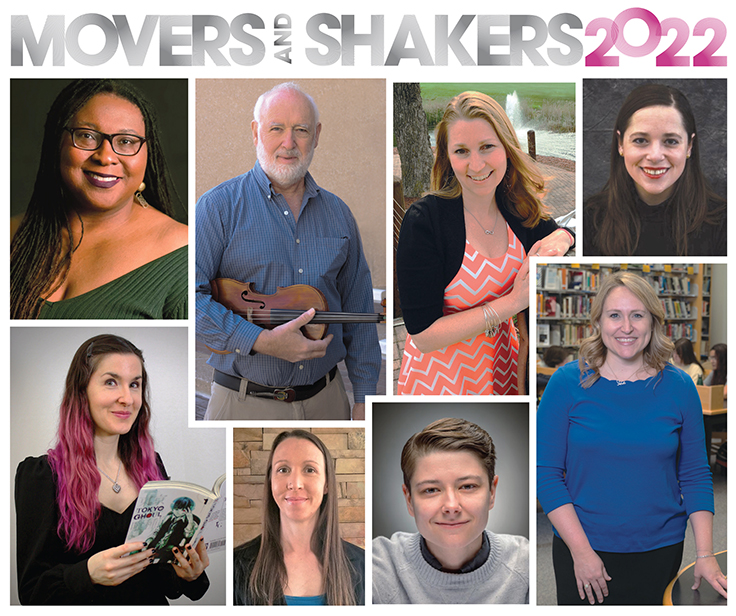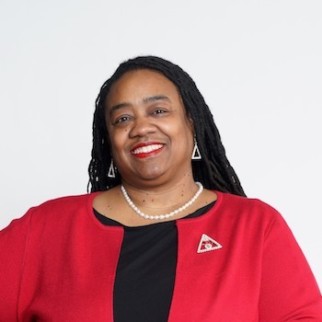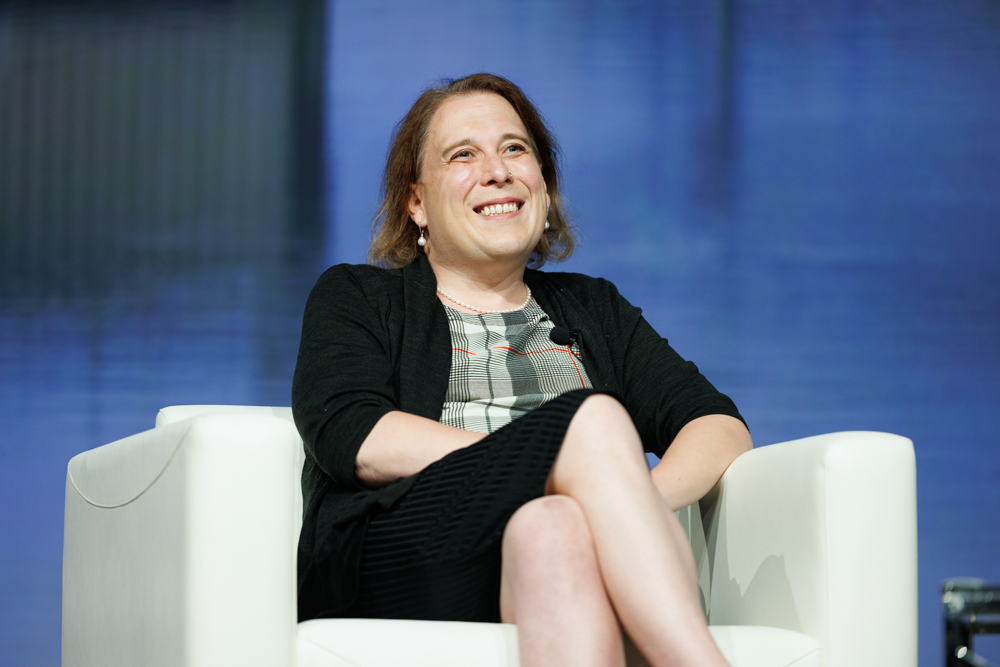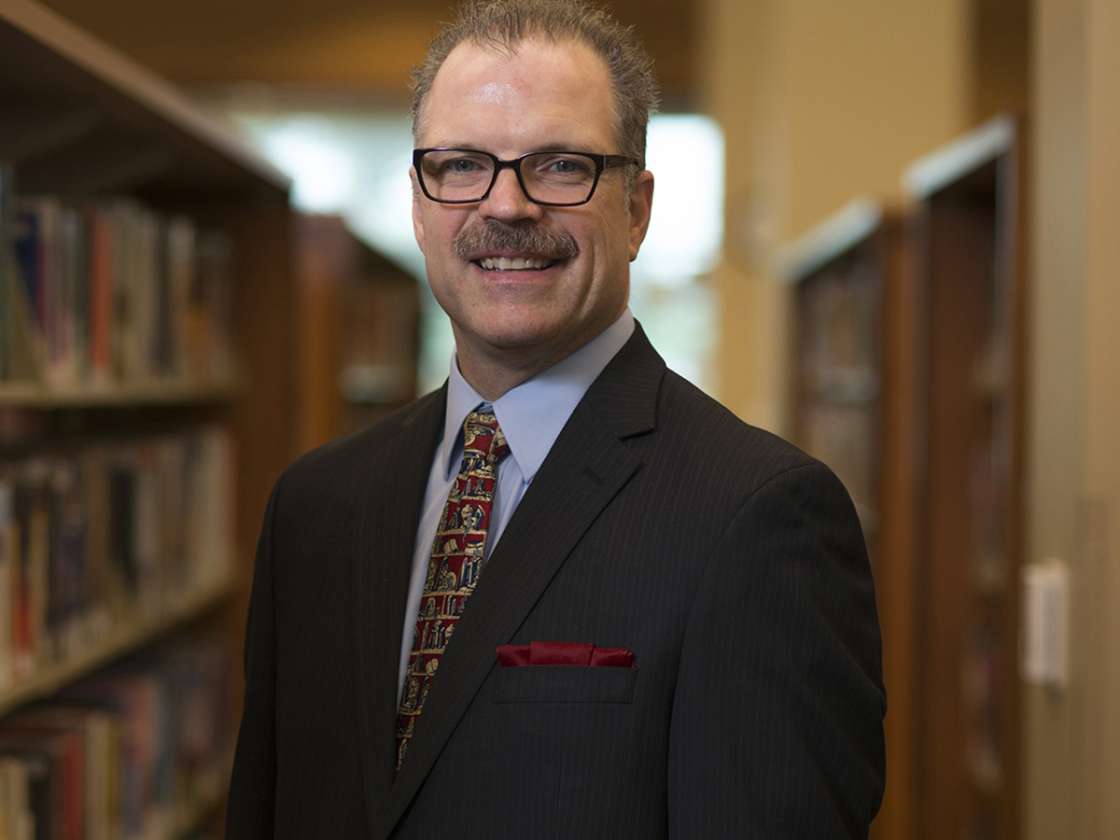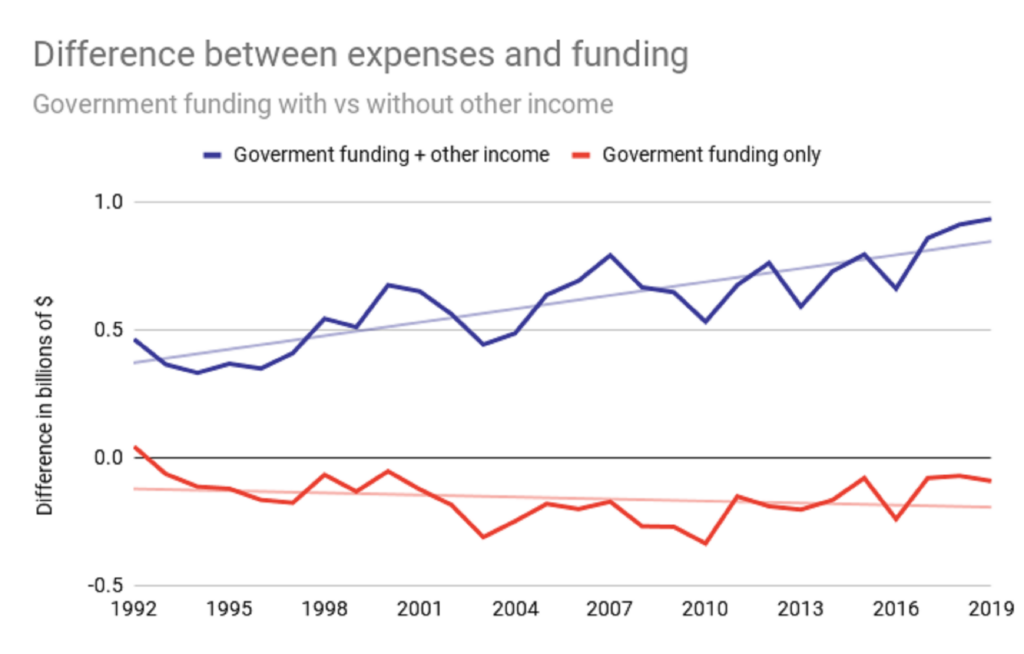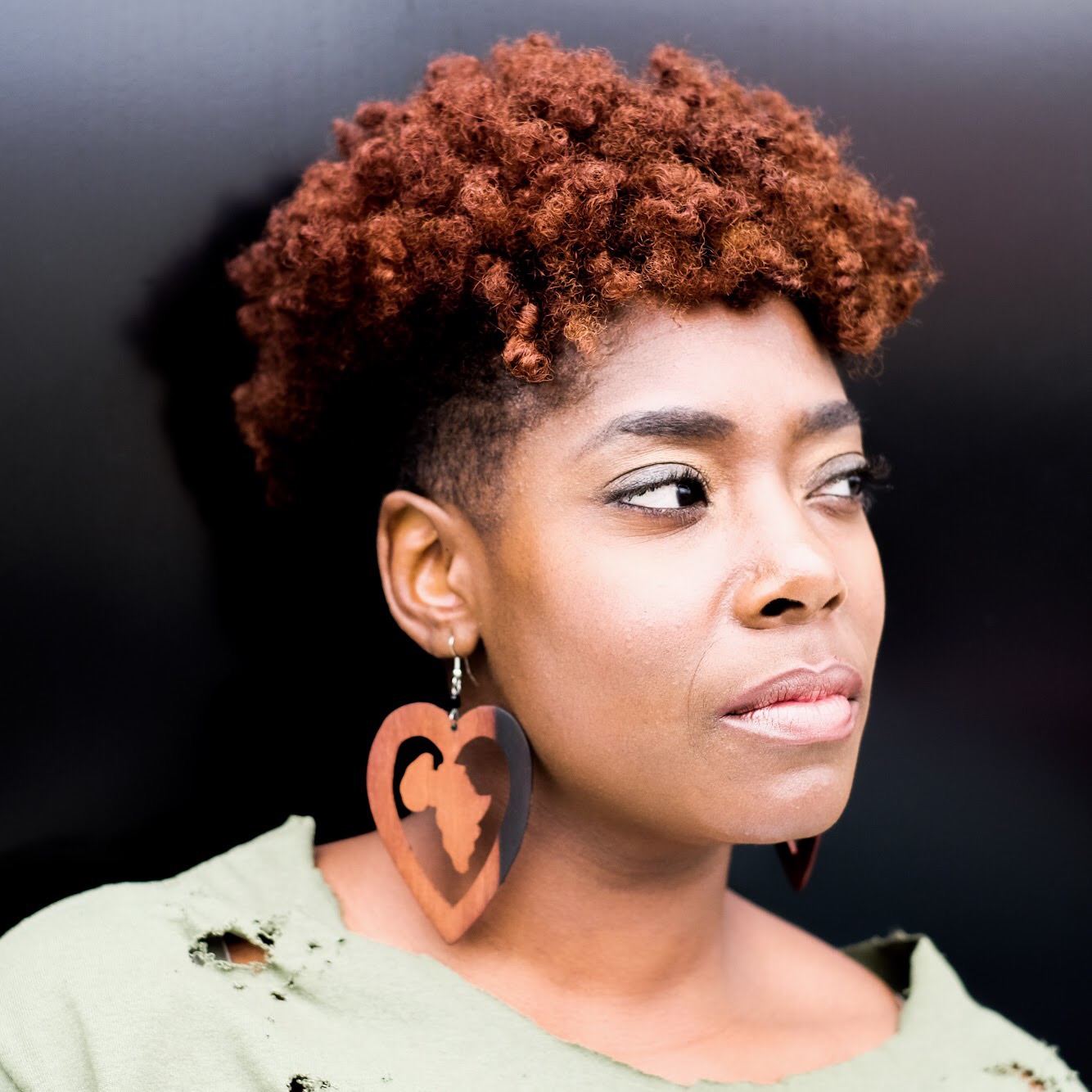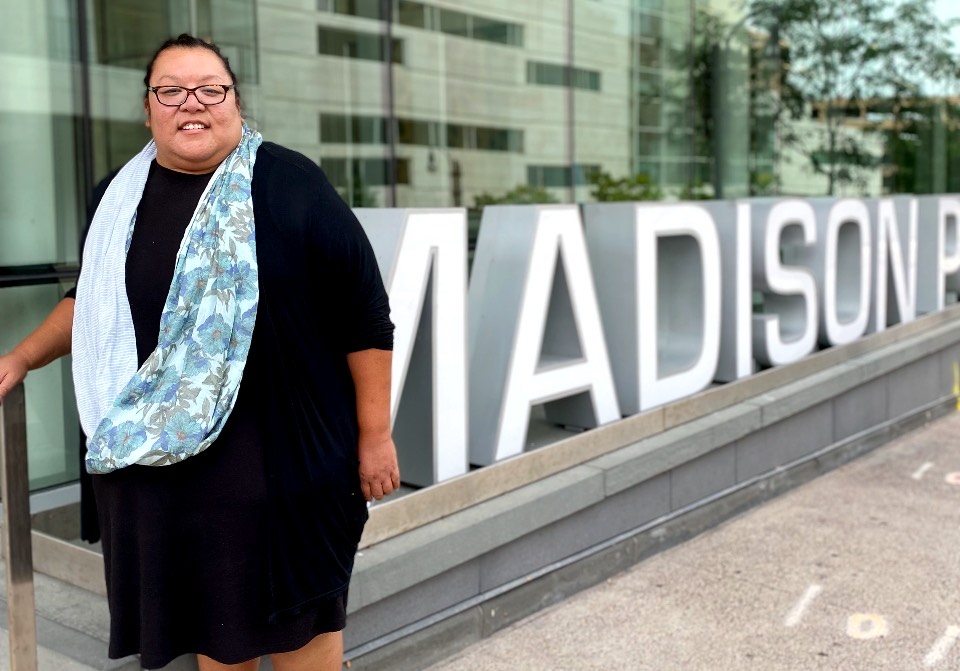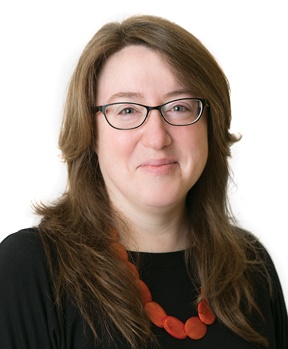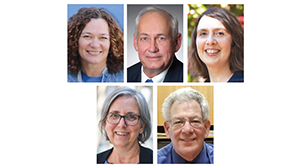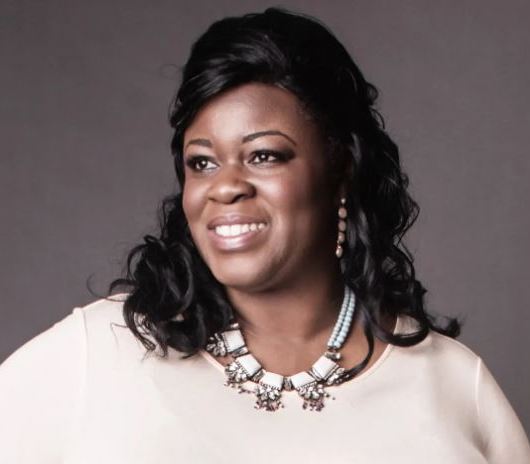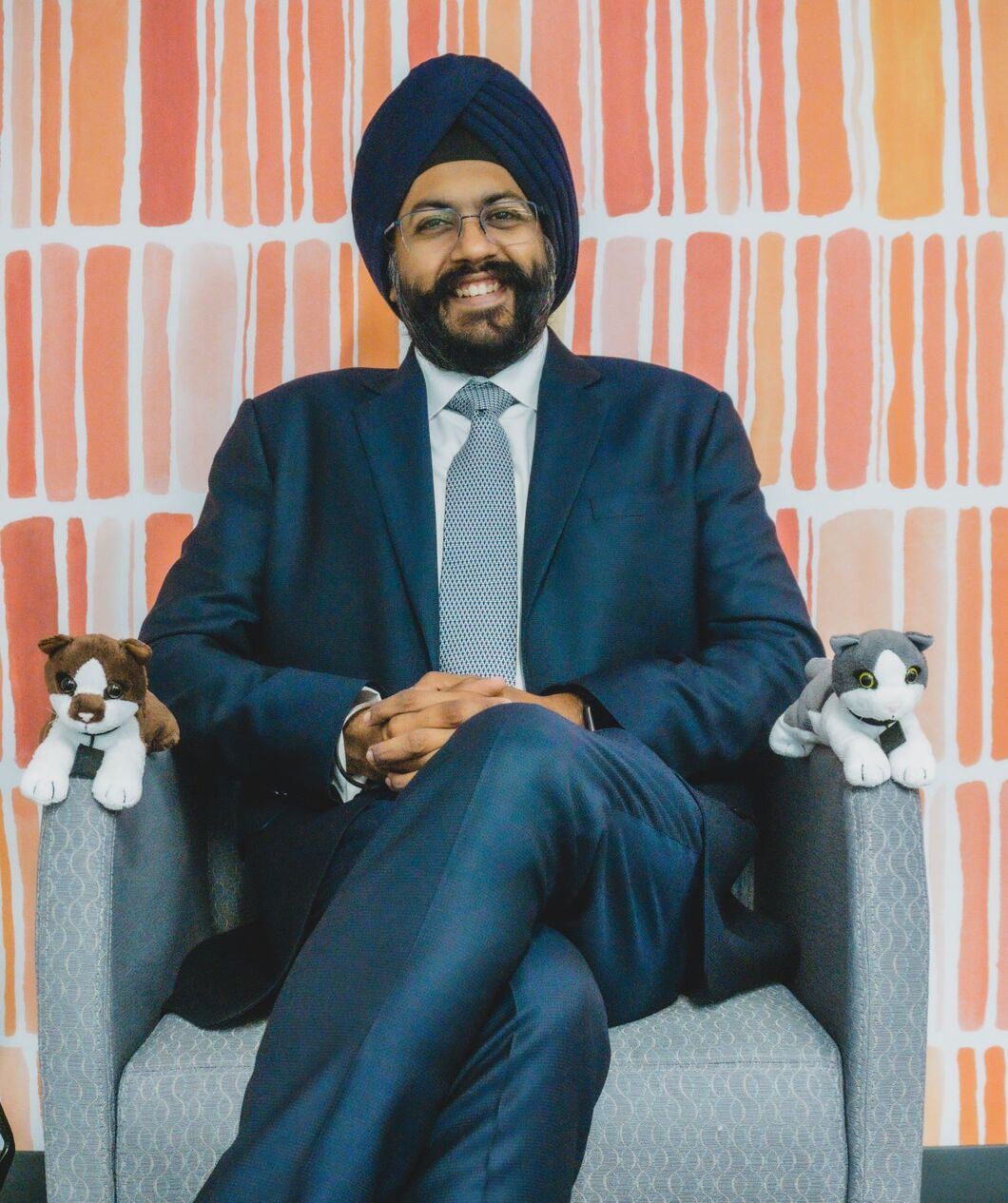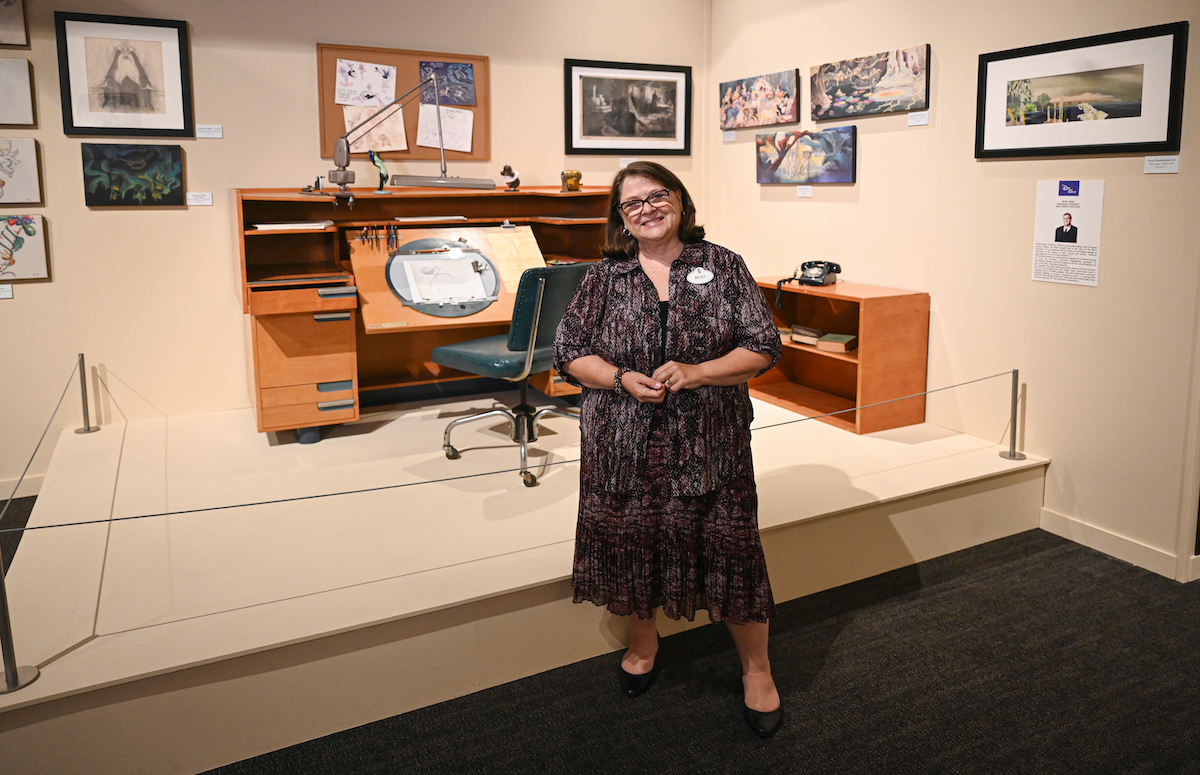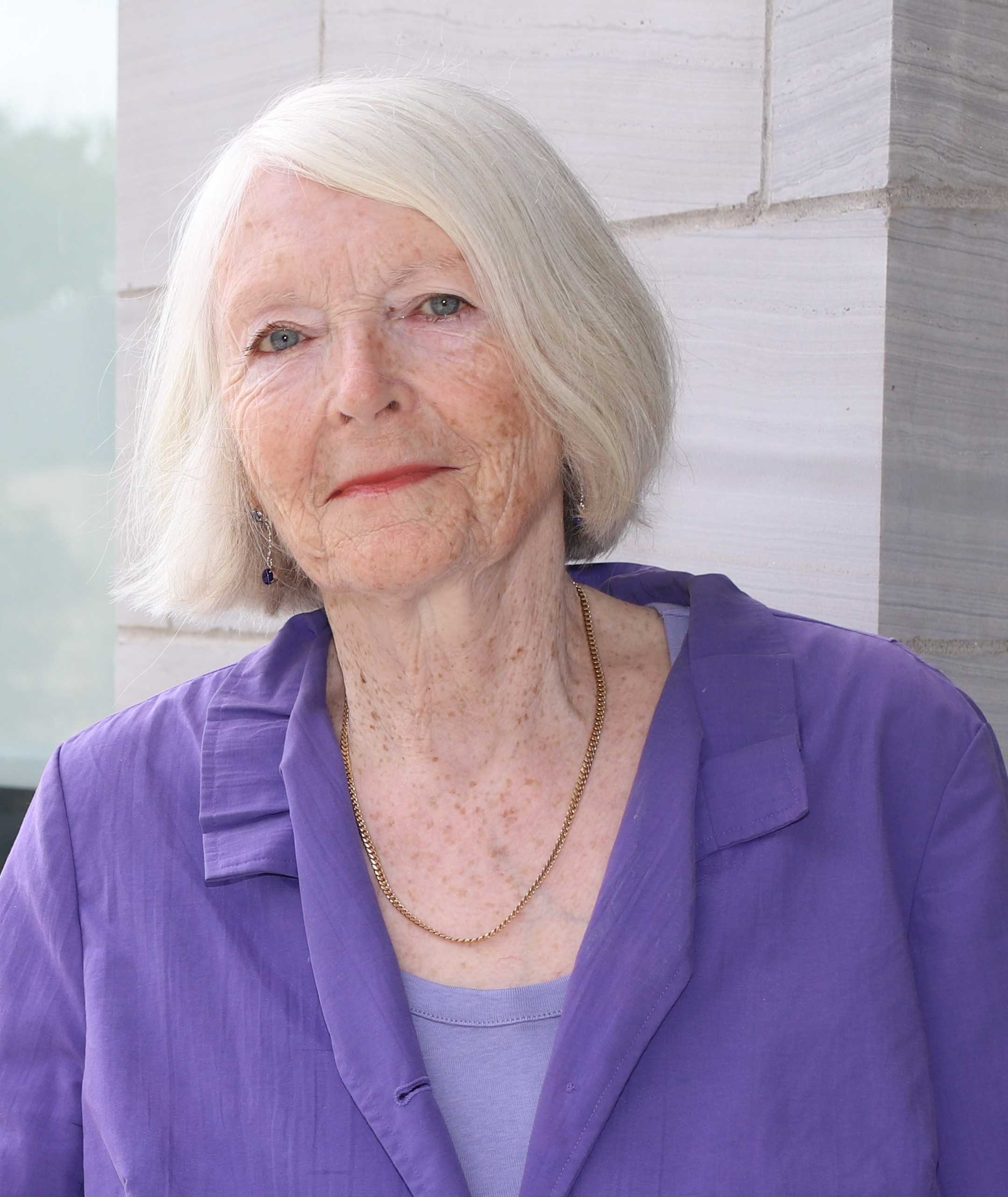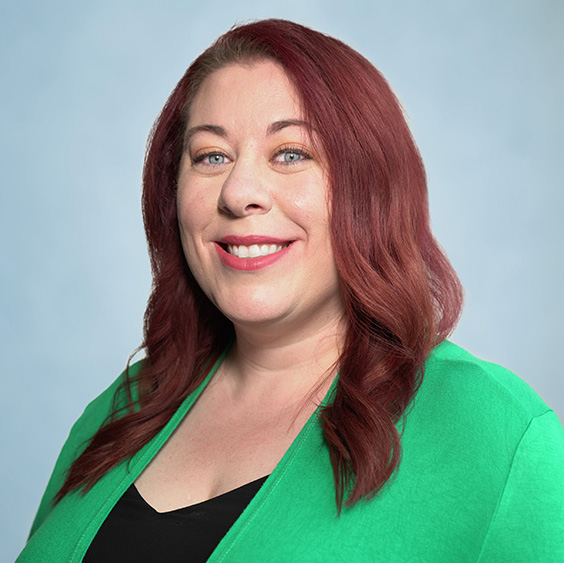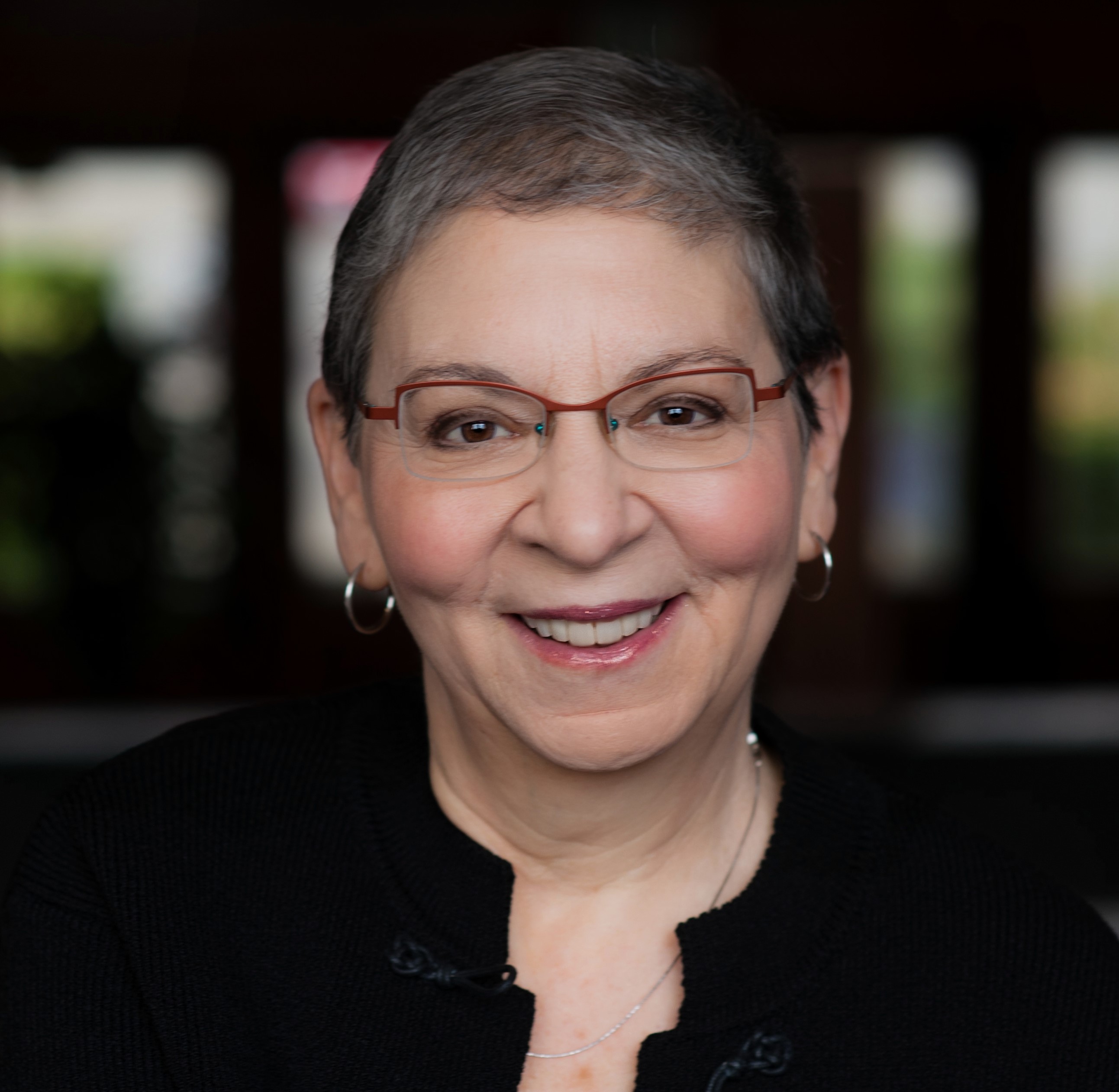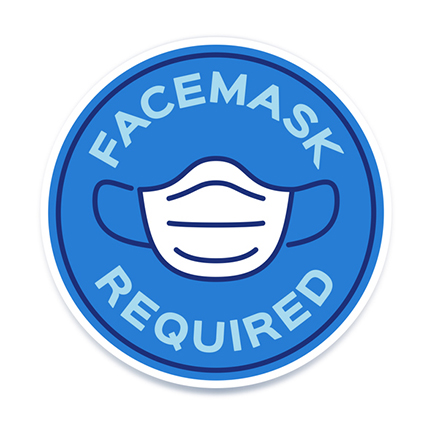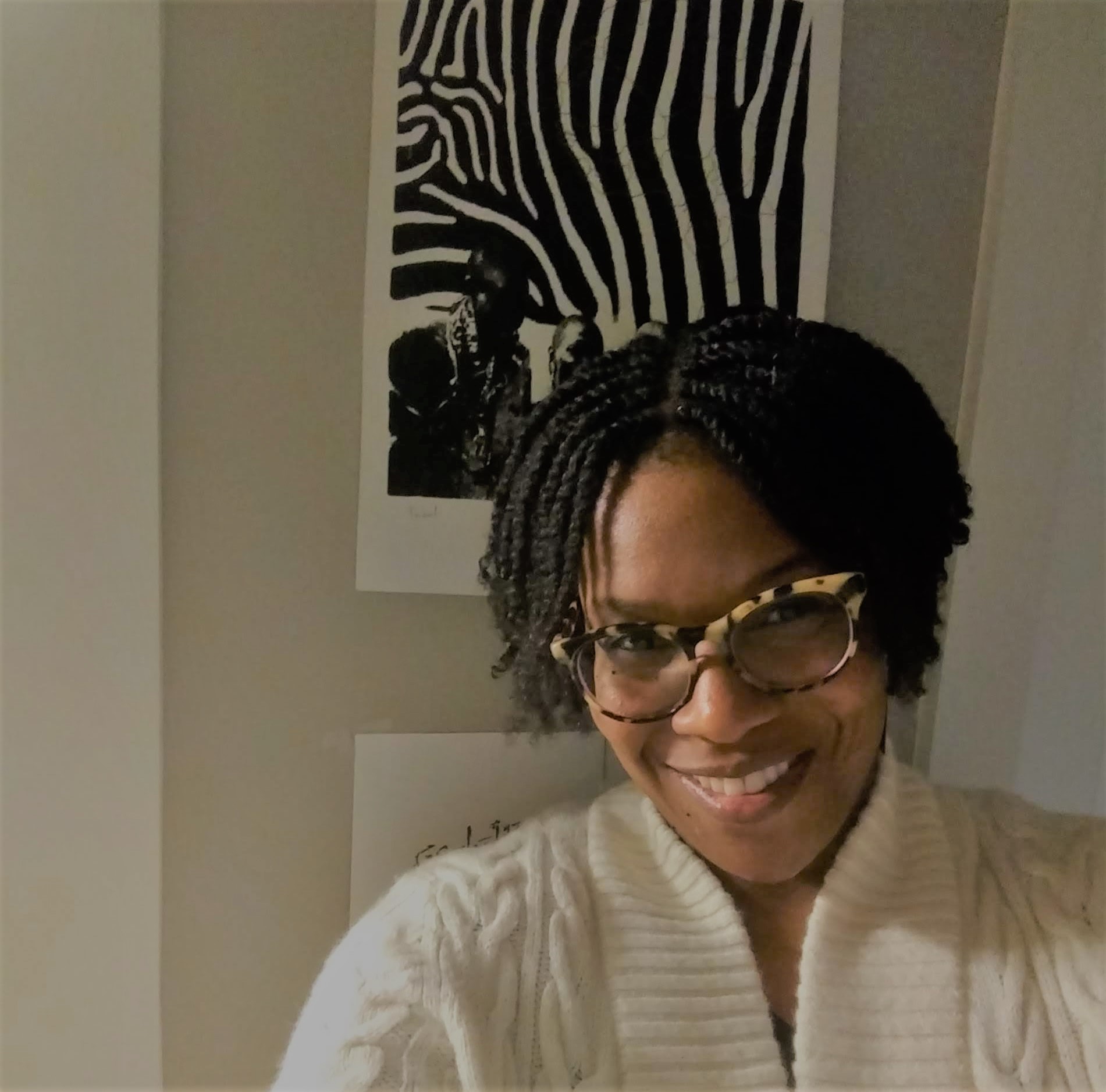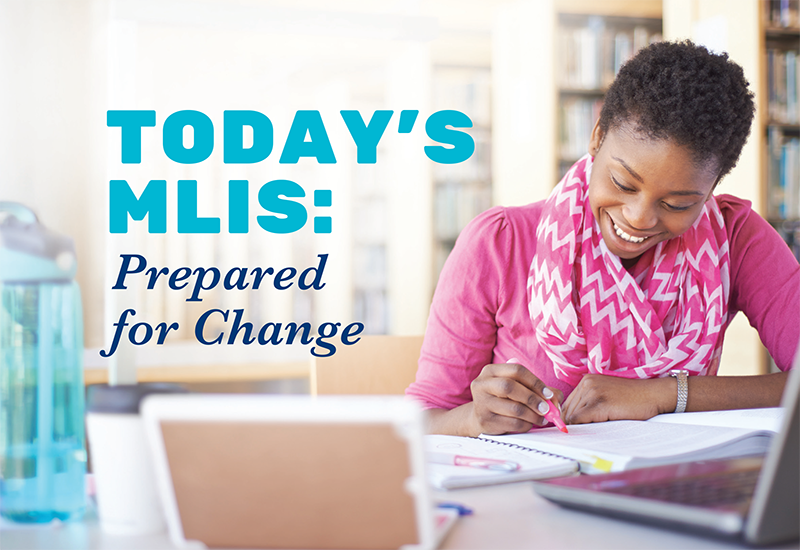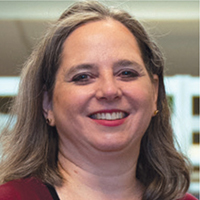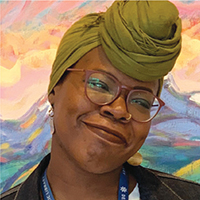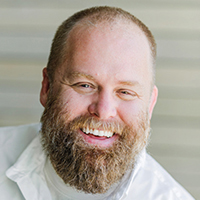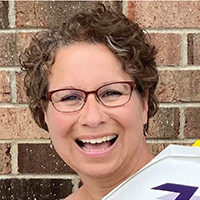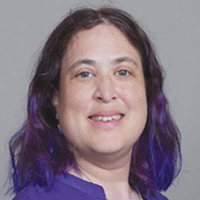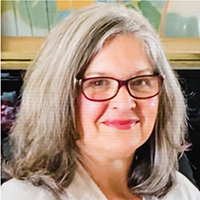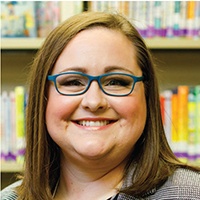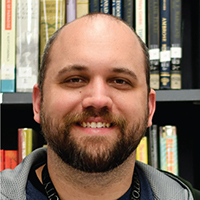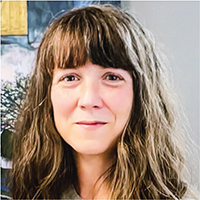Related
It’s April, which means that in addition to celebrating spring’s arrival, I’ll be joining libraries across the nation in celebrating National Library Week.
The Institute of Museum and Library Services (IMLS) has announced the appointment of Deputy Director for Library Services Cyndee Landrum as Acting Director, effective March 21, following the conclusion of former Director Crosby Kemper’s four-year term. Landrum will lead the agency until a new director is nominated by the President and confirmed by the U.S. Senate. LJ caught up with her to hear her take on her past four and a half years at the agency, and what her new role will entail.
Ry Moran, associate university librarian for reconciliation at the University of Victoria, British Columbia, was named a 2023 Library Journal Mover & Shaker for his work bringing the university’s reconciliation department to fruition and developing a podcast called Taapwaywin, which means “truth” or “speaking truthfully” in Michif, a language of the Métis people. LJ recently touched base with Moran to learn more about his work with truth and reconciliation, and how the podcast is going.
To help break down the relevant library issues in this election year, LJ convened a roundtable of experts including John Chrastka of EveryLibrary; Nick Grove of Meridian Library District, ID; Jason Kucsma of Toledo Lucas County Public Library, OH; and Representative Ashley Hudson from the Arkansas House of Representatives. They covered everything from voter engagement strategies for libraries on the ballot to book ban advocacy in challenging districts to engaging the electorate in an important presidential election year.
In January 2020, Crosby Kemper III stepped into a four-year term as director of the Institute of Museum and Library Services (IMLS). At the time, one of the main concerns at IMLS was then-President Donald Trump’s repeated efforts to zero out the agency’s budget; less than two months later, libraries across the country would shut down for COVID-19 safety precautions, and, soon after they began to reopen, a surge of intellectual freedom challenges would escalate. Kemper’s term ends on March 8; LJ caught up with him to hear his take on the past four years and find out what’s next.
Voting for the American Library Association (ALA) 2025–26 presidential campaign opens March 11, and ALA members in good standing can cast their ballots through April 3. LJ invited candidates Sam Helmick, community and access services coordinator at Iowa City Public Library; and Ray Pun, academic and research librarian at the Alder Graduate School of Education, Redwood City, CA, to weigh in on some key issues.
I’ve been worried about library visits for a while now, but my concerns have largely focused on the effect fewer visits will have on the future of libraries. What I learned is that I had it backwards. Yes, there’s a danger to libraries when fewer people use them; but the bigger threat in decreased library use is to the community itself.
Rhiannon Sorrell, assistant professor and instruction and digital services librarian at the Kinyaa’áanii Charlie Benally Library at Diné College in Arizona, was named a 2023 Library Journal Mover & Shaker for her work preserving and digitizing Native films and storyteller narration. We recently spoke with Rhiannon to find out more about what she’s working on.
Willa Liburd Tavernier, research impact and open scholarship librarian at the Herman B. Wells Library at Indiana University–Bloomington, was named a 2023 Library Journal Mover & Shaker for her work facilitating open educational resources and the development of open pedagogy projects. We recently spoke with Tavernier to find out more about these projects and what’s next for her.
Virginia Library Association Executive Director Lisa Varga battles censorship attempts with a combination of hard facts and heart.
After a year spent enduring book challenges and politically charged barbs, no one can blame the profession for entering 2024 shell-shocked and exhausted. Yet, in the face of this trauma, we still find librarians and library workers who are resolute in their commitment to library values. Tired, yes, but smart about the ways in which they can provide important library service within the political context of their unique community and situation.
Steven Frost, associate chair of undergraduate studies for the Department of Media Studies at the University of Colorado–Boulder, was named a 2023 Library JournalMover & Shaker for their work collaborating with Boulder Public Library on its makerspace and Slay the Runway event. LJ recently spoke with Steven to learn more about these projects and what they’ve been up to since.
If you're seeing this, chances are you’re someone who identifies as a reader. And, as a reader, you may be shocked to discover that there are many American adults who just aren’t.
On November 15, the American Library Association (ALA) announced that it had selected Leslie Burger as interim executive director, effective immediately. She succeeds Tracie D. Hall, who resigned on October 6. LJ caught up with Burger as she began settling into her new role to talk about the experience she brings and her plans going forward.
Librarianship is in a state of continuous change. Technology continues to evolve, requiring librarians and other information professionals to stay on top of new platforms for delivering information to library users. Here are some of the leading library and information science (MLIS) master’s degree programs that are stepping up to meet these challenges.
We already recognize the profound impact of pandemic learning loss: student performance in math and reading has hit its lowest levels in decades. What’s more, students demonstrated slower than average growth in the last school year, meaning learning gaps aren’t closing—in some cases, they’re growing. That’s where libraries can step in.
Eileen Rhodes was named one of Library Journal’s 2021 Movers & Shakers for her work bringing Open Educational Resources to Capital Community College in Connecticut, enabling students who struggled with the cost of textbooks to continue pursuing their degree. We recently reached out to Rhodes and learned she’s currently the interim library director for Connecticut State Community College, a role that’s shifted her priorities and sent her in new directions.
At a time when collaboration is endangered by conflict and critical thinking is often jettisoned in favor of the latest “hot take,” I can’t help but feel like library professionals are the leaders we need to secure a brighter future.
The overarching concern at ALA Annual in Chicago this summer was the proliferation of censorship attempts and book challenges at libraries of all kinds, in all states.
Library Journal announced that Barbara Hoffert, Editor of Prepub Alert, will retire effective September 14. In a career spanning more than 37 years, Hoffert has been a key voice within the LJ book review and in book criticism, herself shining a light on over a thousand titles each year through her prepublication recommendations and reviews.
On June 26, the eve of Emily Drabinski’s ALA presidency, campaign workers, school librarians, activists, colleagues, friends, and family members gathered in her suite in the Chicago Hilton Hotel on Michigan Avenue. Against the backdrop of boats slowly moving across Lake Michigan, she addressed supporters. “Tonight we’re celebrating library wins,” she said. “In our communities, against censorship, and for the common good.”
Emma Molls, currently the director of open research and publishing for the University of Minnesota Libraries, was named a 2021 Library Journal Mover & Shaker for their work with open research. LJ followed up with Molls to learn what they’ve been up to since then.
At LJ, we watch the places where the law touches libraries. In recent years those areas of overlap have become unmistakable, as elected officials across the country propose—and pass—bills that would cut funding, prosecute staff, and remove collection oversight by libraries. We’re also looking for good news, though, and some emerging safeguards are promising.
Dr. Shannon Jones, director of libraries and professor at the Medical University of South Carolina–Charleston, was named a 2021 Library Journal Mover & Shaker for her significant commitment to mentoring other library workers in medical and academic librarianship, as well as creating a Medical Library Association book club focused on books discussing diversity, equity, and inclusion. LJ recently talked with her to learn what she’s been doing since then.
This month, as we have every year since 2002, LJ celebrates a new cohort of Movers & Shakers. The 49 individuals profiled hail from every corner of libraryland and beyond. And while I agree that the award can’t compare with the sheer number of bright lights in the library firmament, I also think the emphasis on individuals isn’t a bad thing. Yes, these services need everyone on board, every day, to carry them forward and turn them into reality. But someone jump-started those realities, and that’s what Movers & Shakers celebrates.
What are the biggest issues facing libraries today? Take a look at this year’s class of LJ’s Movers & Shakers, who are engaging with the issues head on.
Robin Davis, associate head of user experience at North Carolina State University Libraries, was named a 2022 Library Journal Mover & Shaker for her innovative work to make libraries accessible for all, including the development of sensory maps. LJ recently reached out to learn more about what she’s been doing since then.
When a planned event came under attack, Downers Grove Public Library staff handled the hostilities, keeping safety a priority.
The employees working the front desk are the ones who face the parent angry about a book’s content, the delegate of a group challenging the library’s right to select and shelve titles as it sees fit, or the media looking for an impromptu comment.
When Stacy Collins was named a 2021 LJ Mover & Shaker, she was the research and instruction librarian for Boston’s Simmons University Library, where she developed the highly regarded Anti-Oppression Guide. LJ reached out to her to learn more about what she’s been doing since 2021, which includes a new position at a boarding school.
Callan Bignoli, library director at Olin College of Engineering in Needham, MA, was named a Library Journal Mover & Shaker in 2021 for her work advocating for the health and safety of library workers during the pandemic. Much has changed since the early days of COVID’s arrival and spread, including the development of vaccines and boosters, but the need to speak up for library workers remains. LJ recently spoke with Bignoli to learn what’s changed—and what hasn’t—since then.
I’m not the first queer person to say that I was really into Matilda (1996) when I was a child. I loved the scenes of Matilda in awe of her public library, enchanted by the escape it offered from her home life. The library was her safe place. My research is mine.
In May 2022, Elizabeth Szkirpan was named a Library Journal Mover & Shaker for her advocacy work promoting technical services professionals within libraries. LJ recently reached out to Szkirpan, director of bibliographic services and federal depository coordinator for the McFarlin Library at the University of Tulsa, to learn more about why this work is important and needs more institutional support.
Poet, memoirist, attorney, and MacArthur Fellow Reginald Dwayne Betts recently partnered with artist and filmmaker Titus Kaphar on Redaction (Norton), an innovative collection of art and poetry confronting the abuses of the criminal justice system, drawing on his experience of incarceration. Retired researcher/librarian Eldon Ray James spoke with Betts about the collaboration and where politics and poetry meet and about Betts’s Freedom Reads project, through which he plans to install Freedom Library book collections in every residential prison unit in the United States.
This will be my last editorial for LJ. For me, this news is bittersweet; I’m excited to begin a new role elsewhere in libraryland, as managing editor of CQ Researcher at SAGE Publishing. But I will miss my colleagues, the opportunities I have had here to learn from and collaborate with librarians across the country, and my chance to bend your ear every month.
Virginia Cononie, assistant librarian/coordinator of reference and research at the University of South Carolina Upstate Spartanburg Library, was named one of Library Journal’s 2022 Movers & Shakers for her library advocacy work. LJ recently reached out to Cononie to learn more about her Share Your Story campaign, a collection of success stories from libraries in South Carolina that were compiled into a book and sent to South Carolina lawmakers.
Library advocates have become increasingly sophisticated about collecting the emotional outcome stories that bring to life how libraries change lives. We may, sadly, need to start applying that savvy to collecting the outcomes of what happens when libraries are lost or gutted, whether due to pervasive underfunding, as in the UK, or ideologically driven campaigns against books, displays, and programs that represent LGBTQIA+ and BIPOC experiences, as is being attempted in the U.S.
Barbara Alvarez is a PhD student in Information Science at the University of Wisconsin (UW)–Madison and adjunct faculty at multiple universities. Her work using information science to study the pandemic’s effect on abortion services in Wisconsin won her a 2022 Movers & Shakers Award. Library Journal recently reached out to learn more about her other work in this area.
At LJ’s recent Design Institute in Missoula, MT, the term places of refuge came up several times. It was new to me, but the meaning was clear from the context: individual-scale spots within the larger, communal library. But the refuge the library can offer is inherently temporary. For libraries to help make their whole communities places of refuge, libraries need to facilitate long-term planning for resilience to disasters that are more frequent and severe—plus, support government policy changes to slow and perhaps reverse that progression.
Elisandro Cabada has worn many hats during his career at the University of Illinois at Urbana-Champaign: Assistant professor for the university library, interim head of the Mathematics Library, and 3-D printing project coordinator, among others. His commitment to developing and using technology for library service and outreach won him a 2022 Movers & Shakers award. Library Journal recently reached out to learn more about his innovative work.
It’s not an exaggeration to say that librarians and other information professionals are pivotal leaders in the fight for our democracy. In a world where social media gatekeepers are doing little to prevent the spread of false information online, this trend is doing serious harm to a well-informed citizenry.
Dr. N.S. ‘Ilaheva Tua’one, assistant professor of Native American and Indigenous studies in the Women’s and Ethnic Studies Program at the University of Colorado, Colorado Springs (UCCS), has been named the inaugural Storytelling Professor at the Kraemer Family Library. The three-year rotating endowed professorship will give Tua’one the opportunity to celebrate and diffuse storytelling into the culture of Colorado Springs through an interdisciplinary lens. LJ spoke with Tua’one and Seth Porter, dean of the Kraemer Family Library and lead of online education for academic affairs, to hear more about what the new professorship will involve, why storytelling is important in an academic setting, and how to catch an octopus with a rat.
Kathy Zappitello, executive director of the Conneaut Public Library, OH, and past president of the Association for Rural and Small Libraries, announced her candidacy for state representative of Ohio’s 99th district in August. Her decision, she said, came about after Former Democratic nominee Abby Kovacs, who won the August 2 primary to run against incumbent Sarah Fowler Arthur (R-Ashtabula), was forced to withdraw from the race after being narrowly disqualified by redistricting.
Lorisia MacLeod, currently learning services librarian at the Alberta Library, Canada, previously worked as an instruction librarian at NorQuest College, Edmonton. A member of the James Smith Cree Nation, MacLeod realized early in her career that there was a major problem with properly citing Native and Indigenous sources in academic papers. The work she set in motion to correct this issue led to her being named a Library Journal 2022 Mover & Shaker. LJ recently caught up with her to learn more about her efforts.
Teachers, librarians, and nurses have some important things in common. They do essential, mission-driven work. They’re mostly women (from 74 percent of teachers to 90 percent of nurses). They’re often underpaid. They’ve faced increased job stressors in the last few years. Many are thinking of leaving their jobs, if not fields—up to 77 percent of Texas teachers in a recent poll. The resulting shortages put more pressure on those who stay.
On September 7, American Library Association executive director Tracie D. Hall was awarded the National Book Foundation (NBF) Literarian Award for 2022. The annual award celebrates an individual “for a lifetime of achievement in expanding the audience for books and reading,” the NBF website states. This marks the second year that the honor has gone to a librarian; 2021’s award was given to Nancy Pearl.
Dr. Gena Cox, organizational psychologist, executive coach, and author of Leading Inclusion: Drive Change Your Employees Can See and Feel (Page Two, Oct.), will deliver the opening keynote at LJ’s Directors Summit in Baltimore this December. LJ caught up with her to learn more about what motivated her to write this book and what lessons she feels can help library leaders make sure their equity, diversity, and inclusion efforts improve the workplace experience for library workers.
A recent study shows truth in the saying, “It’s not what you know, it’s who you know.” Published in Nature, it examined Facebook relationships of 72 million people—84 percent of U.S. adults 25 to 44—and found that the biggest determining factor of a neighborhood’s less wealthy children obtaining positive economic mobility as adults was how much they connected with people outside their economic strata.
Brooks Rainwater recently stepped into his new role as president and CEO of Urban Libraries Council (ULC). LJ caught up with him as he settled in at ULC to find out more about his move to libraries from a career in public policy.
It is crucial that libraries help their communities grapple with pressing current issues. But it’s also important to rest, both individually and collectively.
Lauren Comito, cofounder and former board chair of grassroots advocacy organization Urban Librarians Unite (ULU), stepped into the role of Executive Director on May 20. LJ caught up with her to hear more about what the move entails, plans for ULU, and how to get involved.
Libraries cannot second-guess patron motives or impose barriers based on subject matter. I suggest that the best response is to turn the letter of the law back on attempted saboteurs.
In a new insights report from Gale, academic thought leaders discuss their role in championing EDI on campus—and provide advice to help other colleges and universities develop effective, sustainable programs.
Treshani Perera, Music and Fine Arts Cataloging Librarian at the University of Kentucky, has written and spoken on critical cataloging—looking at knowledge organization though an equity lens, examining not only at how content is described, but why those systems exist and how they can be changed.
In the midst of the myriad problems facing libraries in the United States—from the pandemic to burnout to the drastic increase in materials challenges—I want to celebrate a big win: the shift to libraries as at-scale providers of home connectivity for the digitally disenfranchised in their communities.
Who is in charge of your library? In Kentucky, in 2023, the answer will change. Gov. Andy Beshear’s veto of a state Senate bill was unexpectedly overridden in mid-April, enabling local politicians to take control of public library board appointments, and thus spending, and even the continued existence of facilities.
When former Indianapolis Public Library (IndyPL) CEO Jackie Nytes stepped down in August 2021 amid allegations of systemic racism throughout the system, Nichelle M. Hayes was one of many employees advocating for change. On March 28, the IndyPL Board unanimously voted to appoint Hayes as the library’s next interim CEO, succeeding John Helling, who had served in the role following Nytes’s departure.
In April 2015 I wrote the LJ article “We Are the Monuments Men” in response to the burning of the Mosul Public Library by ISIS. I asked, What can be done to protect libraries, cultural properties, and artifacts? Sadly, seven years later, the world is witnessing a new conflict, and I am again asking what can we do as librarians to protect, preserve, save information, special collections, cultural artifacts, and rare items in times of conflict?
If attendees of PLA 2022 needed a good reason to wake up early on the final day of the conference, Amy Schneider’s Big Ideas talk was it. Schneider, a former software engineer, made history from November 2021 through this past January with her 40-game winning streak on Jeopardy!—the most successful woman to compete on the show, with the second-longest run (Ken Jennings, who won 74 games, was the show’s host during her appearance), and the first openly transgender contestant to qualify for the Tournament of Champions.
At the end of February Steven Potter, CEO and director of Mid Continent Public Library (MCPL), Kansas City, MO, announced his plans to retire after 34 years with the library—12 of them as director—effective June 30. LJ caught up with him shortly before the PLA Conference to talk about his tenure at MCPL and his plans on retirement (spoiler alert: nothing).
Academic appointments at University of North Carolina–Chapel Hill, New Mexico State, UMass Amherst, and others; New York Library Association has a new Executive Director; Indianapolis Public Library gets a DEI Officer; and more people news for February 21, 2022.
Founded in 1970, the Black Caucus of the American Library Association (BCALA) is a leading advocate for libraries serving the nation’s African-American community. The award celebrates extraordinary achievement in the presentation of the cultural, historical, and sociopolitical aspects of the Black Diaspora.
The field needs to support innovation to meet our changing communities’ needs—but focus on invention can lead to taking essential duties, and the people who do them, for granted.
From October through December, Andi Cloud served as the first Madison Public Library (MPL), WI, Native American Storyteller-in-Residence. Cloud, an enrolled member of the Ho-Chunk Nation, grew up in Black River Falls, WI. Her residency combined virtual and in-person events, including interactive storytelling, guest speaker Zoom events, art workshops, activity kits, and story times.
There is no more time to waste. Climate action is needed NOW. Libraries should be visible leaders and partner in this effort not only to protect the assets the public has entrusted them with but also to ensure library workers and community members have the support they need, through libraries, in the face of disruption.
We interviewed five directors of new or returning 2021 Star Libraries to learn how their libraries were positioned to cope with the pandemic, how they changed their operations to cope with the pandemic, and how their libraries rose to the challenges of the pandemic.
Tanisha Mitchell’s love of music enabled her to connect two roles, as curator and consultant for the Metropolitan Opera Music Library and reference librarian and performing arts coordinator for the Freeport Public Library, NY, where she brings rich classical music programming to a popular audience.
Book challenges are, of course, nothing new to libraries. But they are ramping up in both frequency and intensity, and will take teamwork to resist.
LJ interviewed Baker & Taylor President and CEO Amandeep Kochar about his leading a private investment group’s recent acquisition of the company from its previous owner, Follett, on November 4.
Growing up, Rebecca Cline adored the film Mary Poppins, but as a budding Disney fan, she had no idea that one day she would have an up-close view of the carousel horses that the titular nanny and her charges ride, or the snow globe that Mary holds as she sings “Feed the Birds.” The director of the Walt Disney Archives, Cline now has access to these props and many others.
The movement in public libraries toward eliminating late fines for borrowed materials is equitable—and practical.
Catherine Sheldrick Ross died on September 11. Professor, dean, and a Fellow of the Royal Society of Canada, she was a renowned library and information scholar. She leaves a legacy of research and publications critical to reader, reference, and public services.
Virtually every public library has something in its local history or current circumstances that could serve as the seed of a program that personalizes big-picture issues by focusing on their relevance to patrons’ own lives and communities.
Elaine Rice Bachmann is the new Maryland State Archivist, Ralph Bingham is named Director of LibraryLinkNJ, Allison Grubbs takes the helm at Broward County, and more library people news for September 21, 2021.
The National Book Foundation (NBF) announced on September 8 that Nancy Pearl, a renowned librarian and former executive director of the Washington Center for the Book at Seattle Public Library, is the 2021 recipient of its Literarian Award for Outstanding Service to the American Literary Community.
It remains to be seen whether governments that relaxed or eliminated their mask mandates will move as quickly and decisively to put them back in place. But libraries shouldn’t wait for them to do so.
LJ ’s first readers’ advisory (RA) survey in eight years found that RA is a growing practice, but librarians want more training and tools to do it better, particularly in genres they don’t read for pleasure. Can crowdsourcing help RA keep up?
Schomburg Center Director Joy Bivins on Collecting, Serving the Public, and the Importance of Access
On June 4, Joy Bivins was named Director of the Schomburg Center for Research in Black Culture, a research division of The New York Public Library. LJ caught up with her as she settled into her new role to discuss the overlap between collecting for museums and libraries, what has changed in the past year and a half, and what the Schomburg’s users can expect.
The 2021 ParkScore rankings, conducted annually by the Trust for Public Land, show a significant shakeup. It’s not because of major changes to the parks in the past year, but to the scoring: this year the Trust added equity to its decision matrix, which includes access, investment, amenities, and acreage. The resulting change in the lineup of top-scoring park systems shows how inadequate measuring overall access is for learning whether everyone is well served.
This year’s featured MLIS programs trained numerous library leaders honored by Library Journal as Movers & Shakers. Read more to find out which programs helped launch these talented members of the library community.
I never imagined that we would find ourselves honoring a second class of Movers & Shakers at a distance owing to the pandemic—albeit now with an end, perhaps, in sight.
Bridget B. Striker was en route to her own wedding when she told her groom that her favorite part of her career as an archaeologist and mapping specialist was researching at libraries. It brought to mind the Purpose Diagram, which shows that purpose exists where one’s passion, profession, vocation, and mission intersect. She decided in that moment to pursue her MLS. The rest, she says, is local history.
While teaching a challenging concept to middle schoolers, Ozy Aloziem told a student, “Practice makes perfect.” The student responded, “Practice doesn’t make perfect; practice makes progress”—a light bulb moment for Aloziem that would guide and shape her approach to her work. She believes that we must keep working, she says, and if we fail, learn and try again.
Whether he’s helping community members impacted by wildfires or creating a storywalk and drive-thru storytime during quarantine, County Librarian Todd Deck takes his cues from Tehama County Library patrons’ needs. “Connecting with the community is a foundational tool in being a catalyst for positive change,” says Deck.
When Google’s sister company Wing began using drones in 2019, Kelly Passek’s family was an early adopter. Passek realized the technology could help her meet library goals: She wanted to increase book checkouts and prevent summer slide.
Millie Plotkin’s recovery from an eating disorder began during library school, when she received treatment. Several years later, she heard someone use the phrase “eating disorders information clearinghouse” at a conference. “That planted the seed of an idea that I could combine these two important parts of my life,” says Plotkin.
When the COVID-19 pandemic struck last spring, Nini Beegan, organizational learning and innovation coordinator for Maryland State Library (MSL), quickly realized how Zoom could help libraries during quarantine. “I noticed how much our libraries were struggling with communication—amongst staff, with customers, and amongst libraries,” Beegan said. “Maryland has a history of libraries working very closely together, and we are used to communicating easily.”
Four days after her school closed due to COVID-19, Amanda Jones, Teacher-Librarian at Live Oak Middle Library in Watson, LA, launched her first virtual trip for students and their families. To date, she’s completed 50 such trips, with topics ranging from the Renaissance and the Mars Perseverance Rover to Uganda and Nepal.
Whether he’s tossing books at pep rallies, writing grants, developing community partnerships, or convening a student roundtable to improve the school, Dustin Hensley is driven to serve students.
When students came to the library looking for their course textbooks because they couldn’t afford to buy them, Capital Community College’s Director of Library Services Eileen Rhodes started promoting Open Educational Resources (OER). “This became a passion of mine, as I saw…the relief on students’ faces when I informed them that their book was available online for free,” she says.
For the past five years, Heather De Forest has worked to expand the Community Scholars Program, which provides free access to scholarly publications to staff members at nonprofits and charities throughout British Columbia.
ALREADY A SUBSCRIBER? LOG IN
We are currently offering this content for free. Sign up now to activate your personal profile, where you can save articles for future viewing
